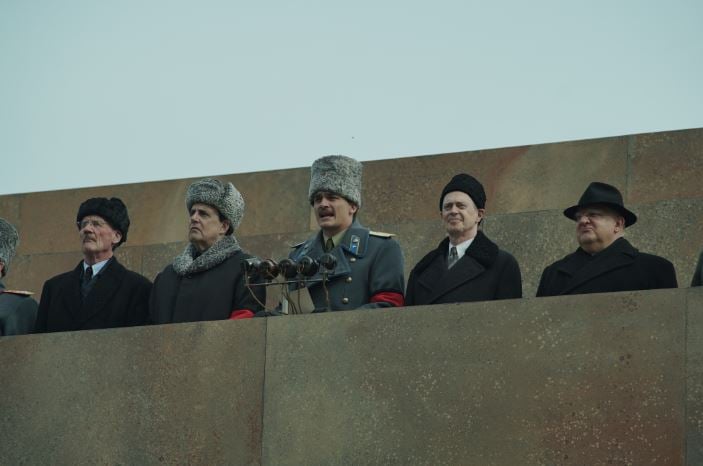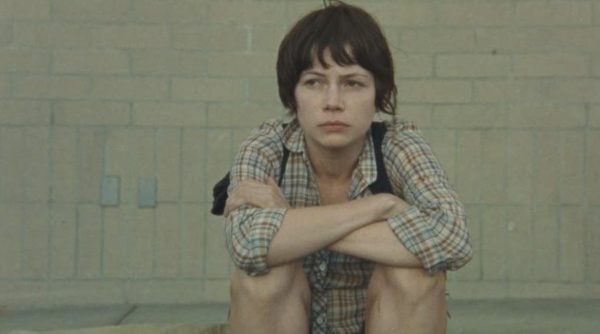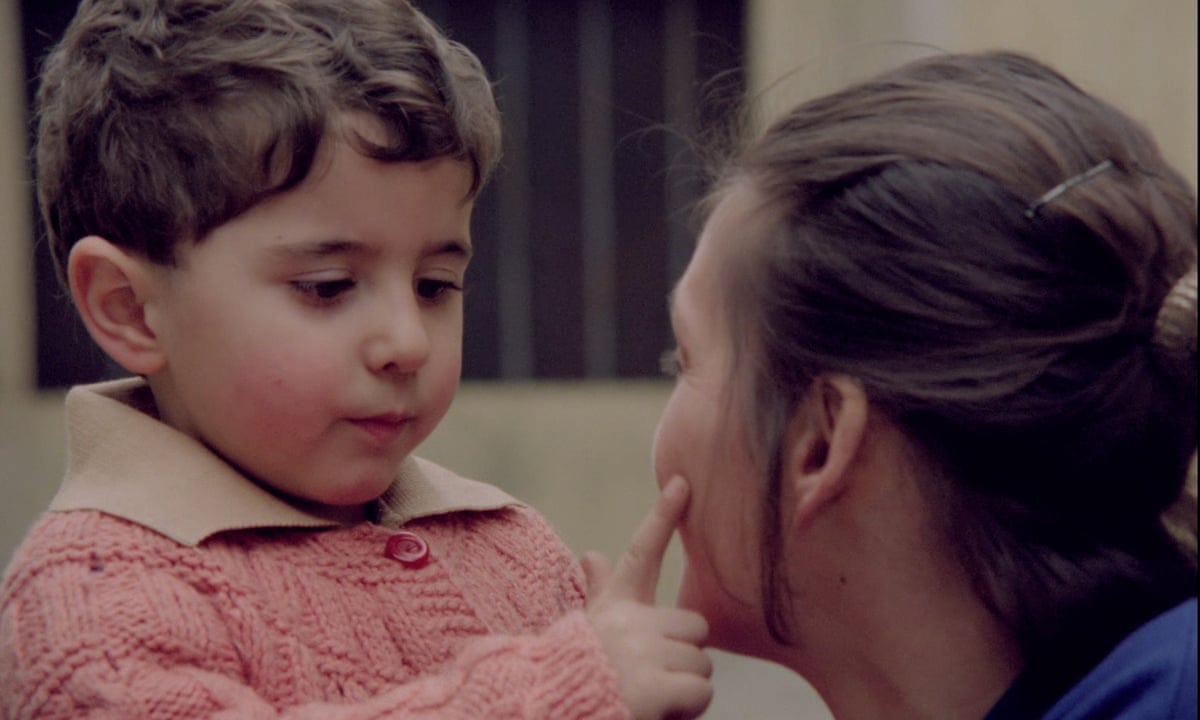40 Best Movies On Mubi Right Now
Since Mubi acquired The Match Factory, they seem to have dropped their model of one film per day. Now, just like other streaming services, their catalog features hundreds of titles. This means Mubi subscribers now face the same problem they do on other streaming services: not knowing what to watch. So, below, we made a dynamic list of our top picks on MUBI at any given time. This list will automatically update every day. From arthouse to world cinema, from indie to box-office hits (we’re looking at you, The Substance), here are the best things to watch on the platform.
Jump to the top 10:
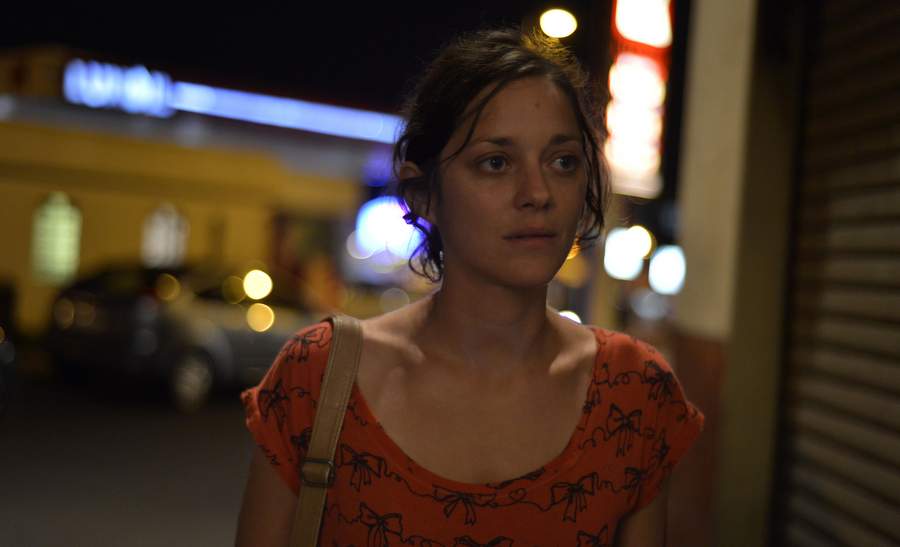
This movie originally caught my eye for all the attention it got at the Cannes festival, but I assure you, all of the hype is more than warranted. Two Days, One Night takes you on an emotional journey with Sandra, recovering from depression and ready to get back to work, when she discovers that her co-workers, having to choose between receiving a bonus and Sandra keeping her job, hold her fate in their hands. And thus, barely convinced herself and with her husband as her only support, she sets out on an unlikely mission to convince the people to vote against the bonus so that she still has a salary.
This movie will strike a chord for anyone who has encountered depression or even simply tried to understand the abstract concept that it is. Marion Cotillard flawlessly portrays through Sandra the desperate struggle of having to put up a fight despite the utter hopelessness that she finds herself drowning in. At strife with herself, watching her try even though every cell in her body has given up, is gut-wrenching and awe-inspiring at the same time. Before long Sandra’s fight on the lay-off and on her own hopelessness seem to blur together. Whether she wins, is what keeps you hooked to the very end.
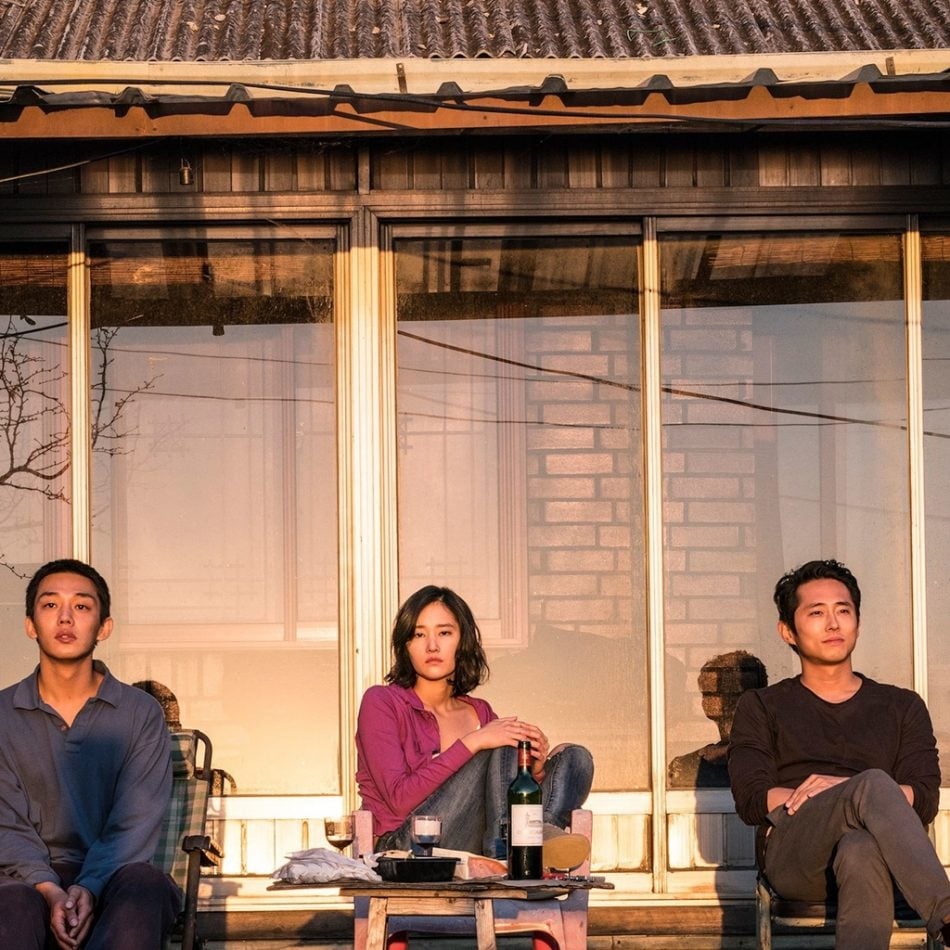
Vague statement alert: Burning is not a movie that you “get”; it’s a movie you experience.
Based on a short story by Murakami, it’s dark and bleak in a way that comes out more in the atmosphere of the movie rather than what happens in the story.
Working in the capital Seoul, a young guy from a poor town near the North Korean border runs into a girl from his village. As he starts falling for her, she makes an unlikely acquaintance with one of Seoul’s wealthy youth (played by Korean-American actor Steven Yeun, pictured above.)
This new character is mysterious in a way that’s all-too-common in South Korea: young people who have access to money no one knows where it came from, and who are difficult to predict or go against.
Two worlds clash, poor and rich, in a movie that’s really three movies combined into one – a character-study, a romance, and a revenge thriller.
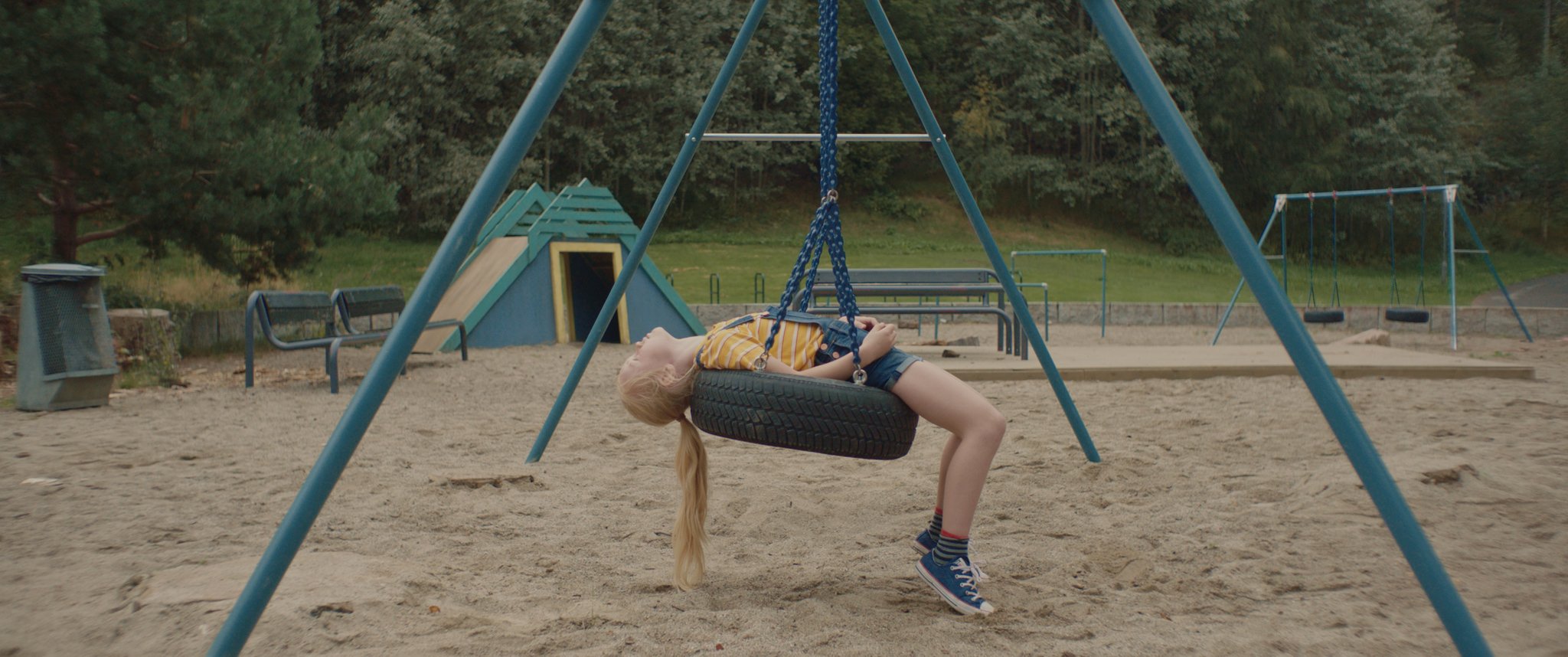
The Innocents is a Norweigan thriller that follows four kids who discover they have supernatural powers over the summer. They play around and experiment in the woods nearby, but what begins as harmless fun quickly develops into something much more disturbing and sinister.
This unnerving film, a blend of fantasy and horror, doesn’t waste time explaining the origins of its mysticism. Instead, it goes straight into action—bending, twisting, and splitting open anything and anyone that gets in its way. This kind of rawness is shocking given the age range of the characters, but it also works to subvert what we’ve come to expect from kids, youth, and goodness. The Innocents isn’t for the faint of heart, but if you can manage some bloody and unhindged scenes, then it’s sure worth checking out. Directed by Eskil Vogt, co-writer of critically-acclaimed films like Thelma and The Worst Person in the World.
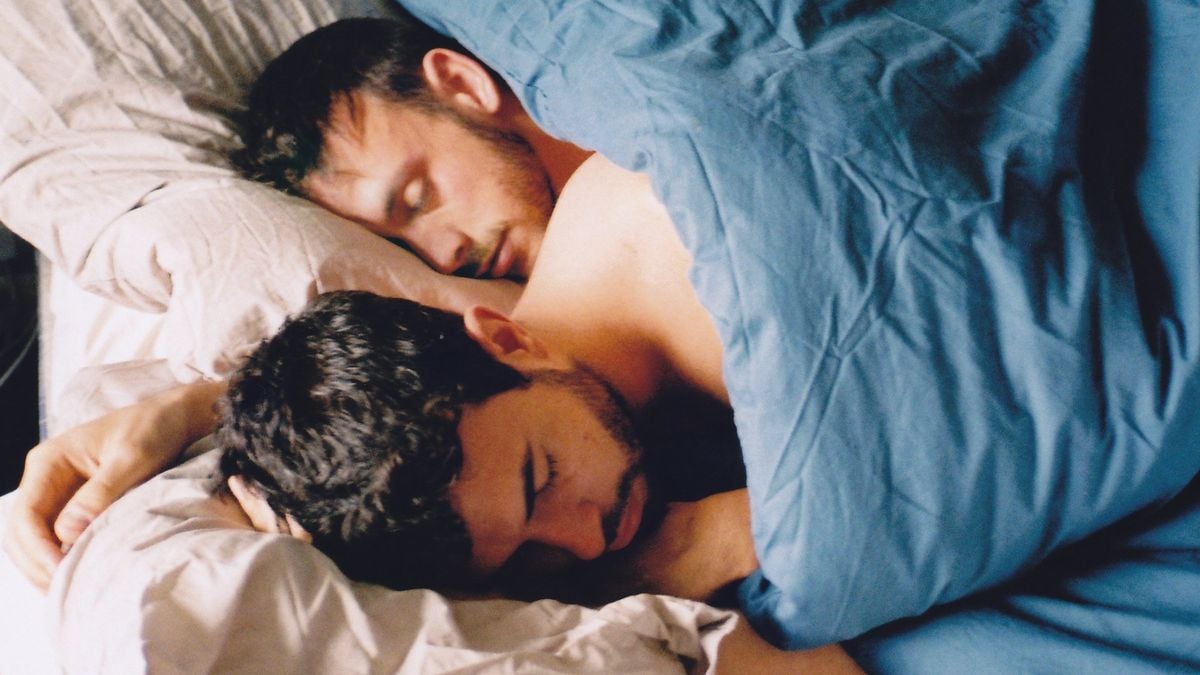
Given that hookups are inherently quick and casual and impersonal, they are rarely portrayed in a romantic light. But Weekend flips the script on one-night stands by giving its two lovers enough time and space to explore how far their feelings can take them. While both Russell (Tom Cullen) and Glenn (Chris New) are gay, they have more differences than similarities with each other. Russell is reserved, awkward, and not entirely open, while Glenn is the exact opposite.
This makes for intriguing conversations, which then makes for a smart, thought-proving watch. It’s talky but meaningful, and slow but assured. But most of all it’s romantic, and it’s sure to pull at your heartstrings the whole time.
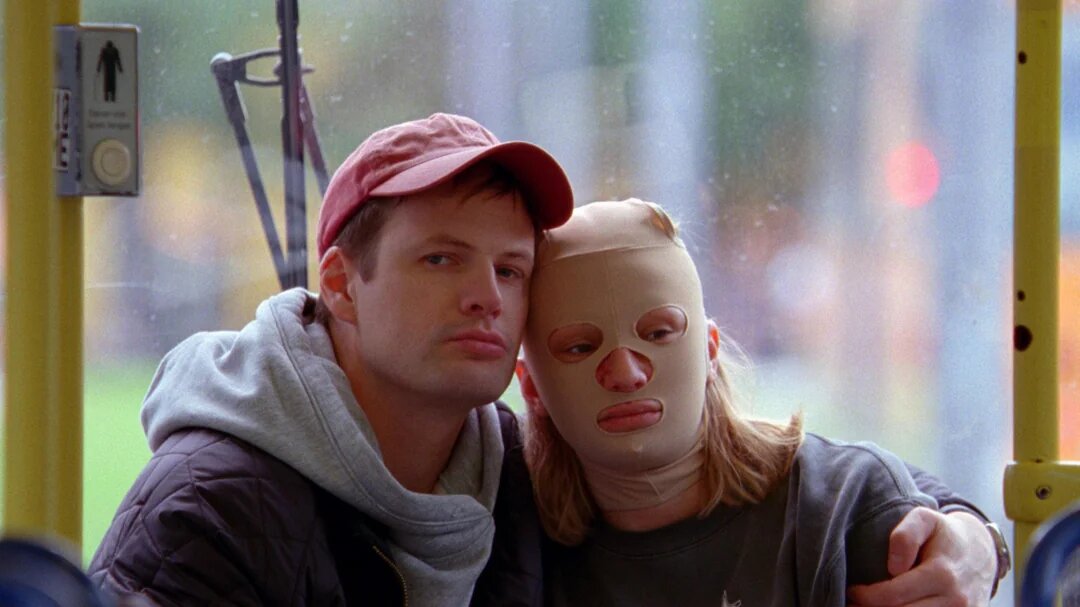
One woman’s main character syndrome reaches shocking lows in this vicious Norwegian satire of social-media-era narcissists. Signe (Kristine Kujath Thorp) and her artist boyfriend Thomas (Eirik Sæther) are a deeply toxic couple who torture everyone around them with their constant, petty one-upmanship. When he lands a flashy magazine spread, though, Signe’s usual tactics for slyly redirecting attention her way don’t cut it anymore, and so this compulsive liar takes drastic action and begins overdosing on pills banned for their serious dermatological side effects.
Signe’s Munchausen-esque actions have their desired effect: the physically dramatic results instantly make her the center of attention — but not indefinitely. As she craves increasingly bigger spotlights, the film toggles between reality and scenes from her imagination, including a morbid sexual fantasy in which her funeral proves so popular the priest becomes a bouncer, turning away sobbing mourners whom Signe noticed hadn’t visited her in hospital. The rampant narcissism on display here is at turns hilarious and excruciating: Sick of Myself’s sharp social observation skills make it feel, in places, like a movie by cringe-master Ruben Östlund. That stomach-turning effect carries through to the ending, which darkly suggests that, for someone like Signe, even narcissism itself is a condition that can be weaponized for attention.
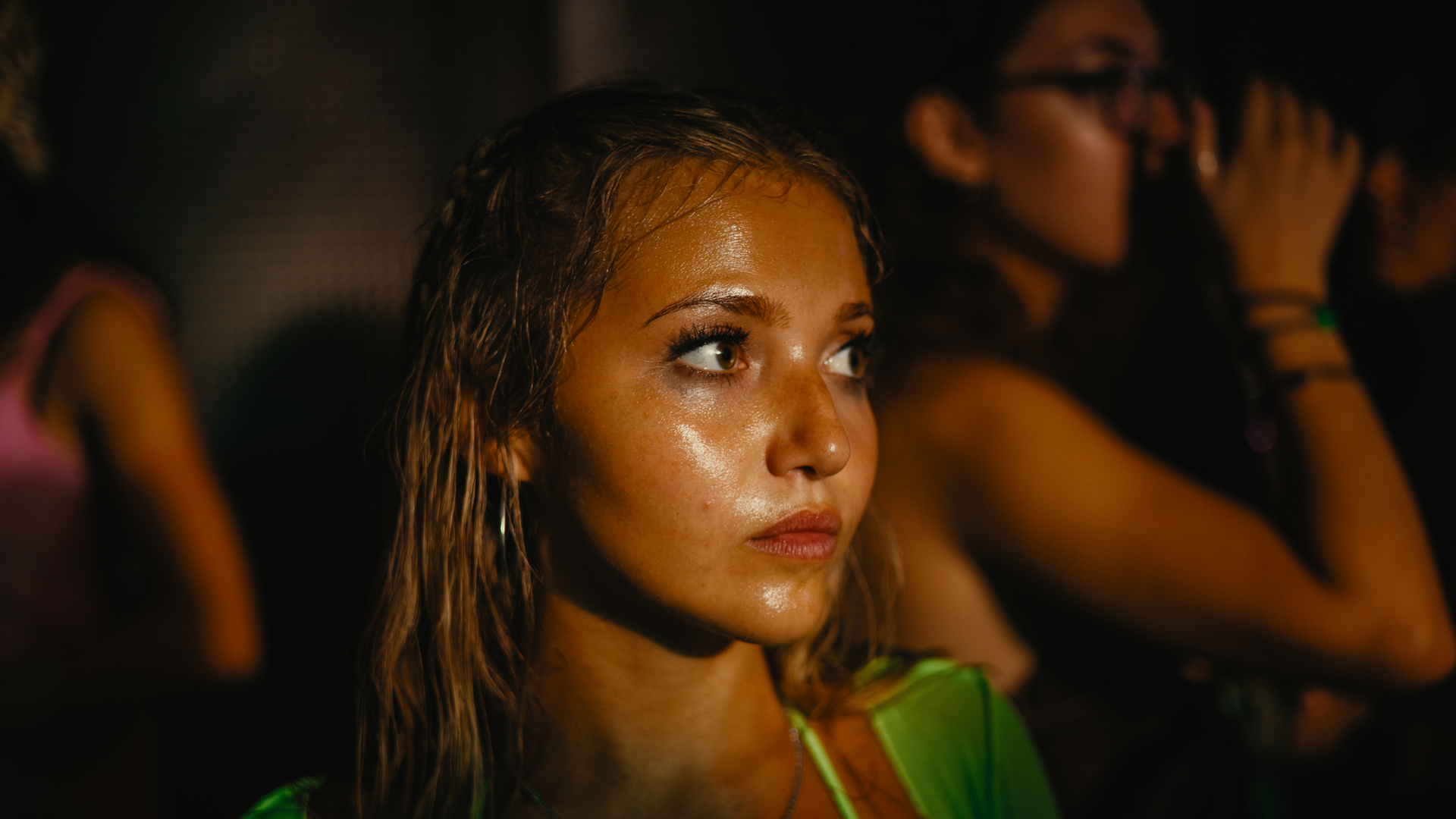
While named as a “how-to”, How to Have Sex is less of an instruction manual, and more of a collection of summer break moments presented as is. At the start, when Tara, Em, and Skye run to the freezing ocean water, the film seemed like it would have all the nostalgic coming-of-age moments that they would remember forever. But as the film progresses, and the girls meet other teenagers at the resort, there’s an eerie, foreboding feel that starts to build up, with every beer bottle, with every whisper, and with every insinuation Tara receives. And rather than preach about consent, writer-director Molly Manning Walker makes them fumble around without the concept of it, the same way teens tend to do, making it much more potent than a cautionary tale.
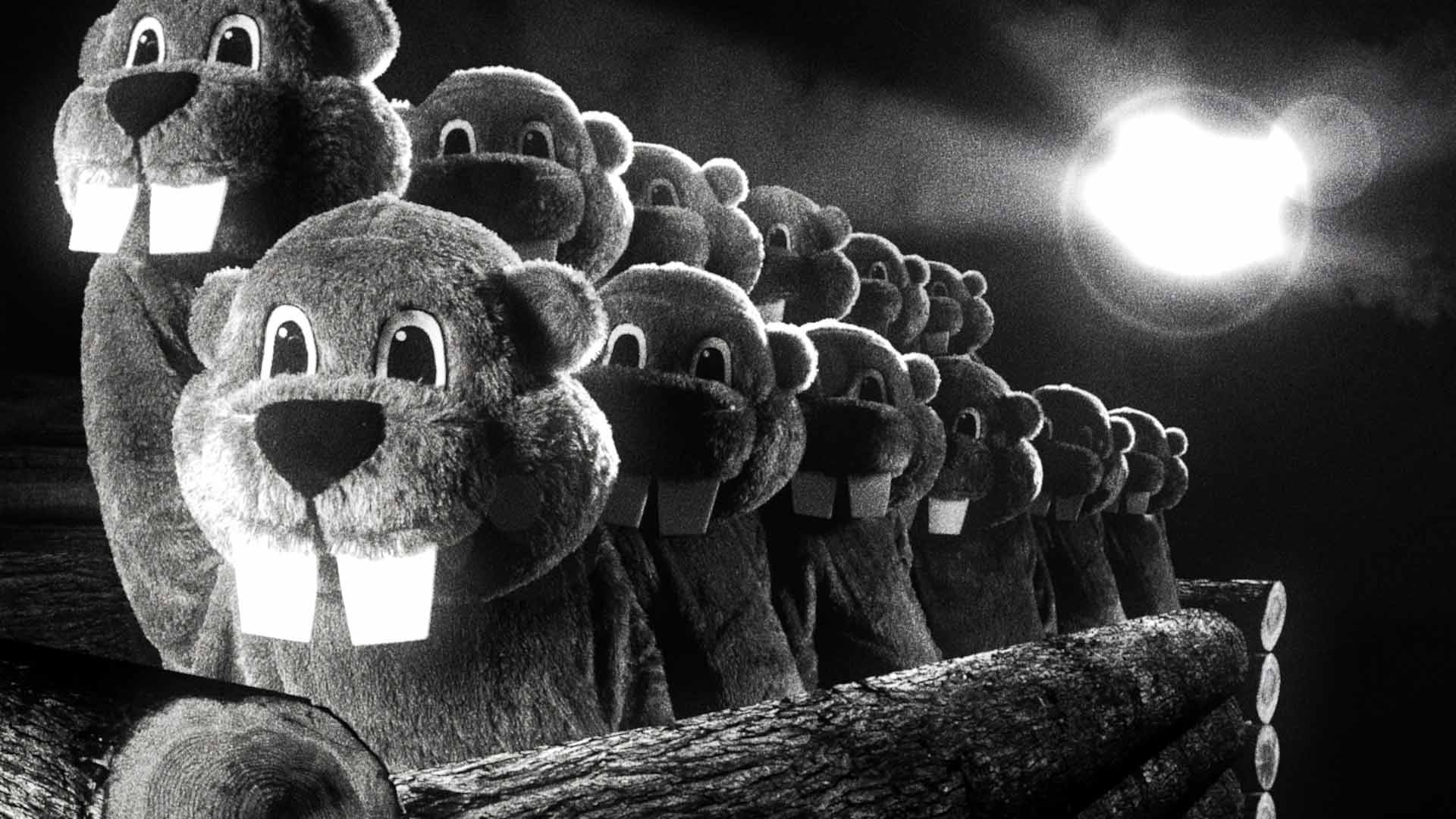
Who would’ve thought a wordless, black-and-white, slapstick comedy would still be hugely entertaining in this day and age? Hundreds of Beavers is created in the same spirit as the Charlie Chaplin and Buster Keaton comedies of yore, but it’s a tribute that manages to feel fresh, exciting, and unpredictable. The premise is simple: a man tries to survive the wilderness in the dead of winter by coming up with new ways to catch game. But the execution is wildly creative and nostalgic. You’ll feel like a kid again watching Saturday cartoons, in the best possible way.
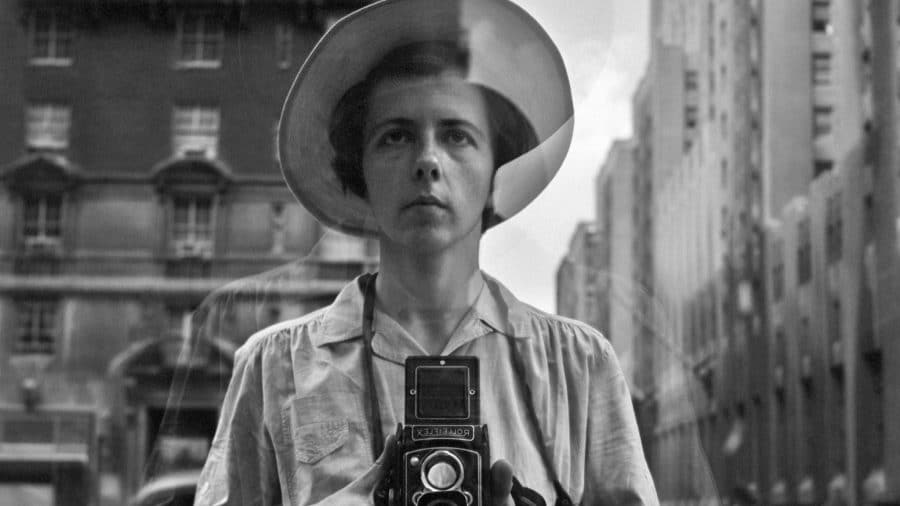
Vivian Maier was a French-American photographer whose art, like many of the greats, only gained widespread success after her death. Most of her life was spent working as a maid for families in Chicago. Her masterpieces were only introduced to the world when the director of this documentary purchased a box of her negatives. This movie is about him trying to put together the pieces and retrace her life by interviewing the people that knew her. Right from the beginning of this documentary her photos will have you in awe. They gave me chills and made me feel exactly what I needed to feel to understand each photo. Cue Vivian’s unexpected dark side along with really messed up backstory, I was completely absorbed. Interviews, along with Vivian’s own photos and home videos show the complexity and mystery of the artist.
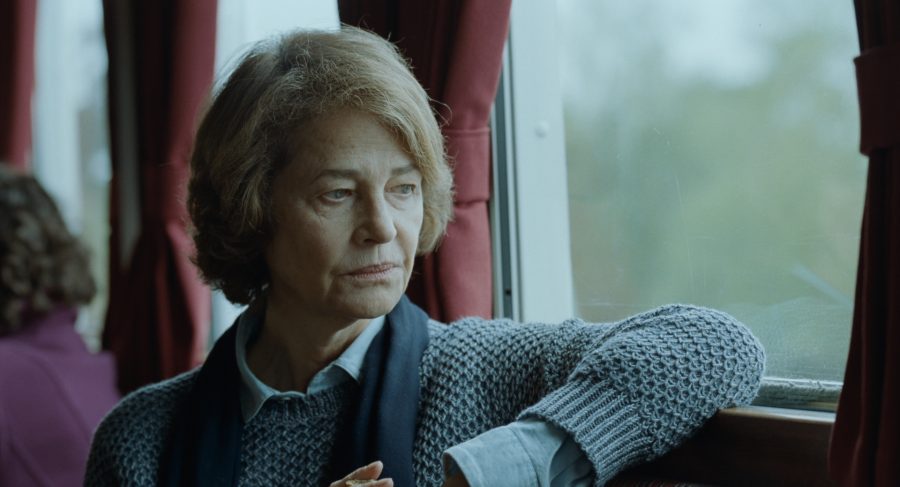
Charlotte Rampling and Tom Courtenay both won Berlinale Best Actress and Best Actor for this movie. They play a couple who are only a few days away from their 45th marriage anniversary when they learn that the remains of the husband’s first lover have been found. He then starts obsessing about his previous relationship, to the extent that when the day of the anniversary comes, there might not be a marriage left to celebrate. This is a very ‘adult’ movie – it’s quiet, sometimes slow, very well-executed, and overall a fascinating look at marriage.
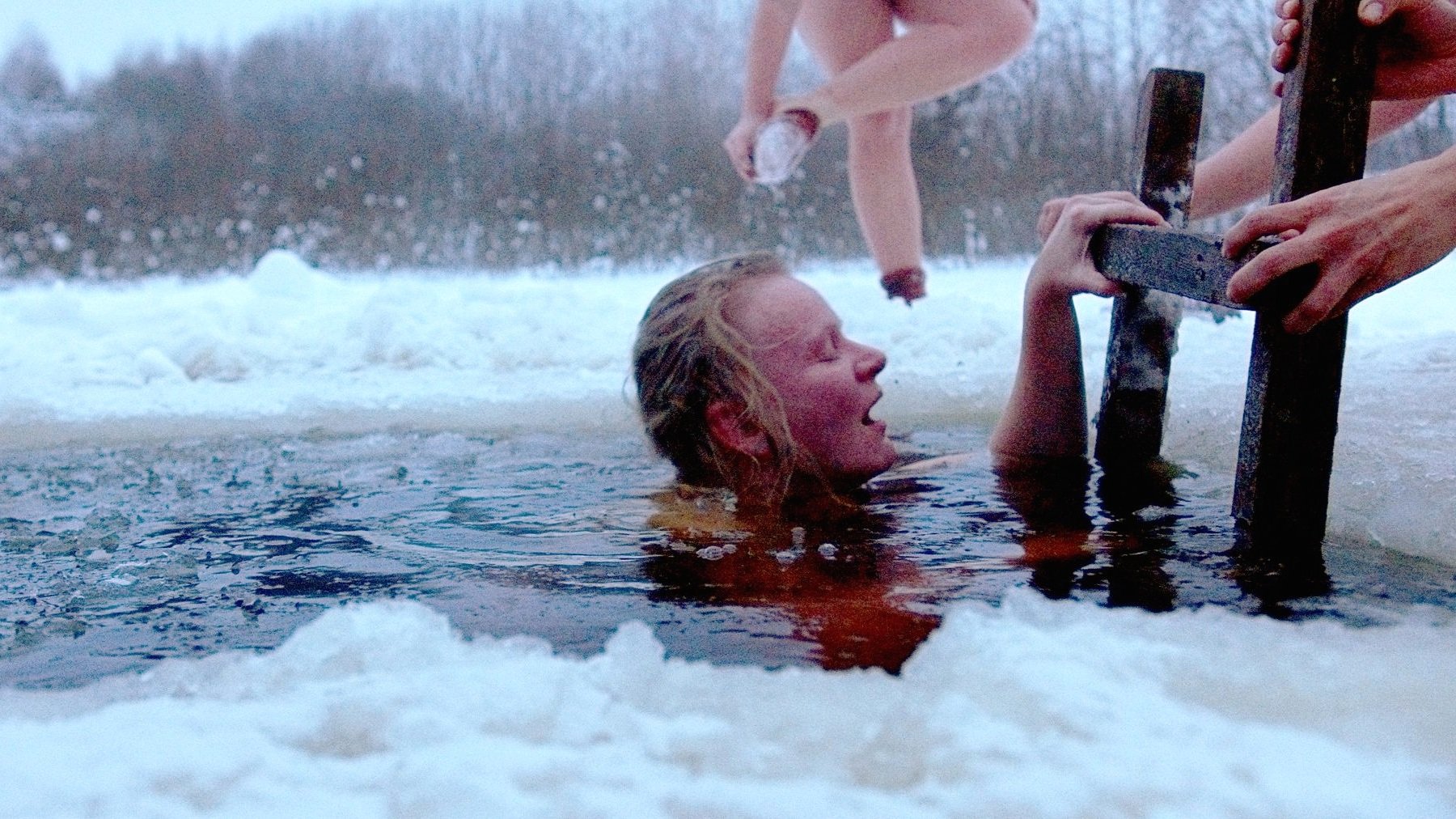
Nakedness has been demonized or at least, has been considered inappropriate outside of certain situations. One such situation is the sauna, as the steam and high heat is considered therapeutic, especially in colder regions. In her directorial debut, Anna Hints documents the Estonian smoke sauna, not just as a cultural tradition, but as a sanctuary for women to bare their bodies and their troubles. The women are, of course, naked, but the sauna’s smoke and darkness obscures and keeps identities hidden, focusing on their stories and allowing a glimpse of women’s bodies at their most natural, without the sexualization often placed with the male gaze. Smoke Sauna Sisterhood is a refreshing take, one where plenty of women can finally see themselves in.
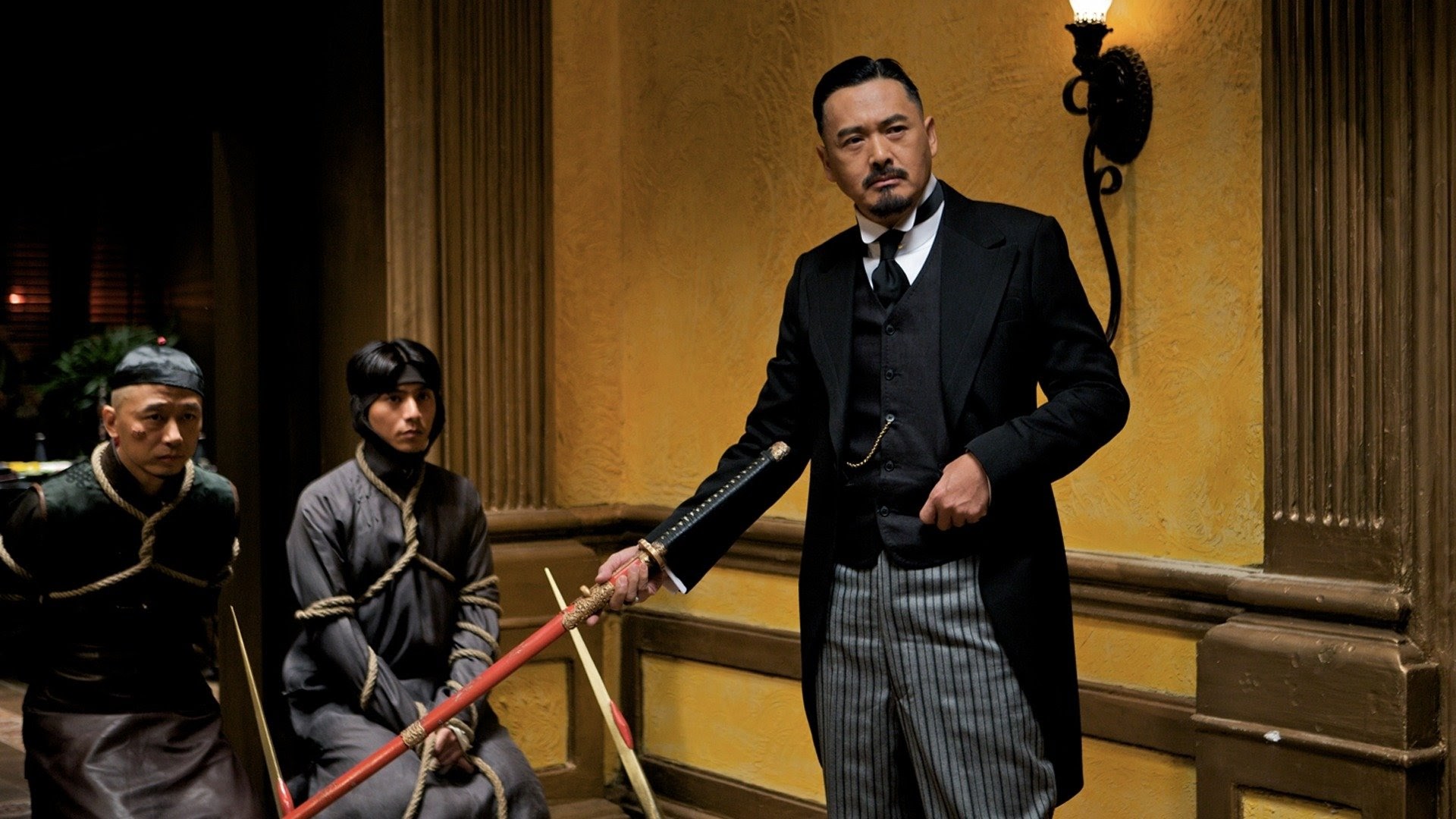
Can the Western only be made in the West? The Italians answered with the Spaghetti Western, and in 2010, China came up with their own gunslinging, horse riding group of gangsters in Let the Bullets Fly. It feels just like an old fashioned Western in Old China, only with quips as fast as its bullets, and the wry satire mocks these thugs and politicians as one and the same, through a series of multiple impersonations made in the name of survival, corruption, and profit. Some of the humor can go over the heads of those unfamiliar with Chinese comedy, but nonetheless Let the Bullet Fly is a funny mix of genres, with writer-director and lead Jiang Wen playing with many Western tropes in over-the-top fashion.
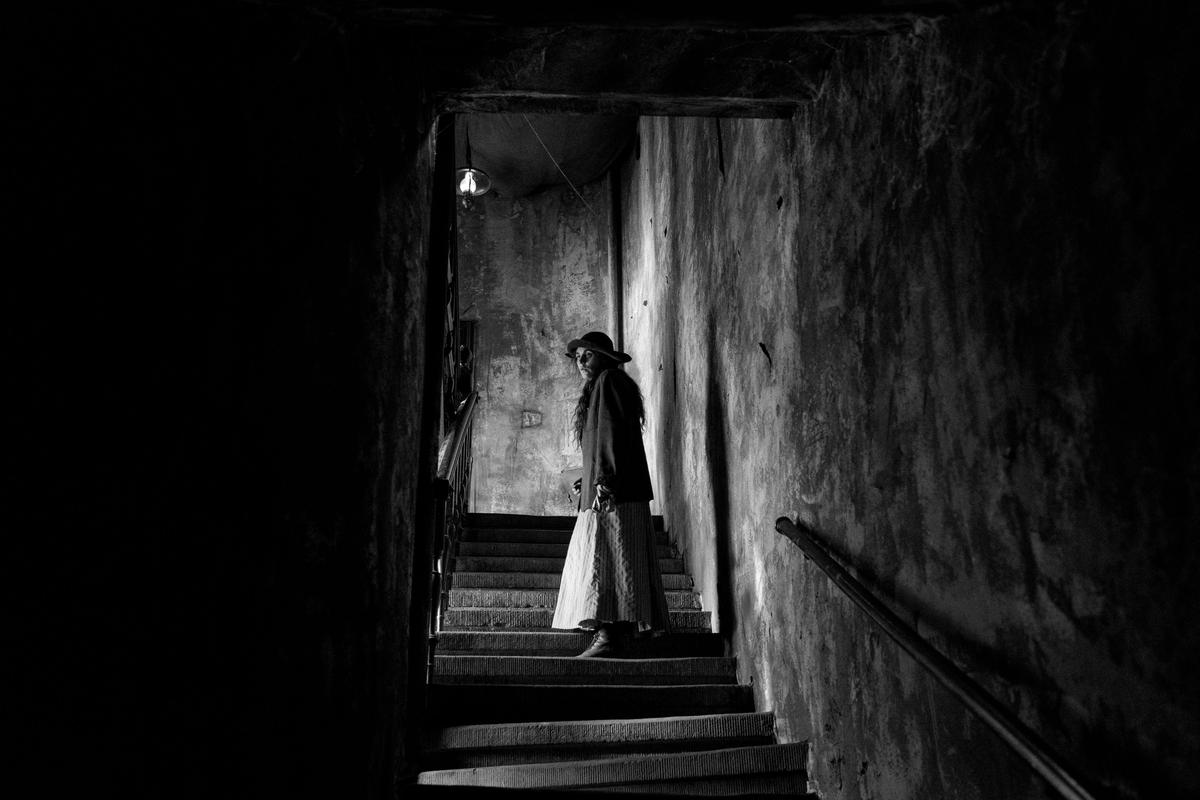
Given the original real-life story behind it, perhaps it shouldn’t be surprising that The Girl with the Needle was so bleak. Serial killing, after all, is bad. But rather than focus on the historical killer, writer-director Magnus von Horn hones the camera to focus on one such mother that would have sought for help from Dagmar Overbye, on the circumstances that would have pushed them there, and the terror that they felt once they realized the truth. With gothic black-and-white shots, impeccable framing, and an excellent performance from Vic Carmen Sonne, The Girl with the Needle is harrowing and heartbreaking, especially with how it still remains relevant to our time.
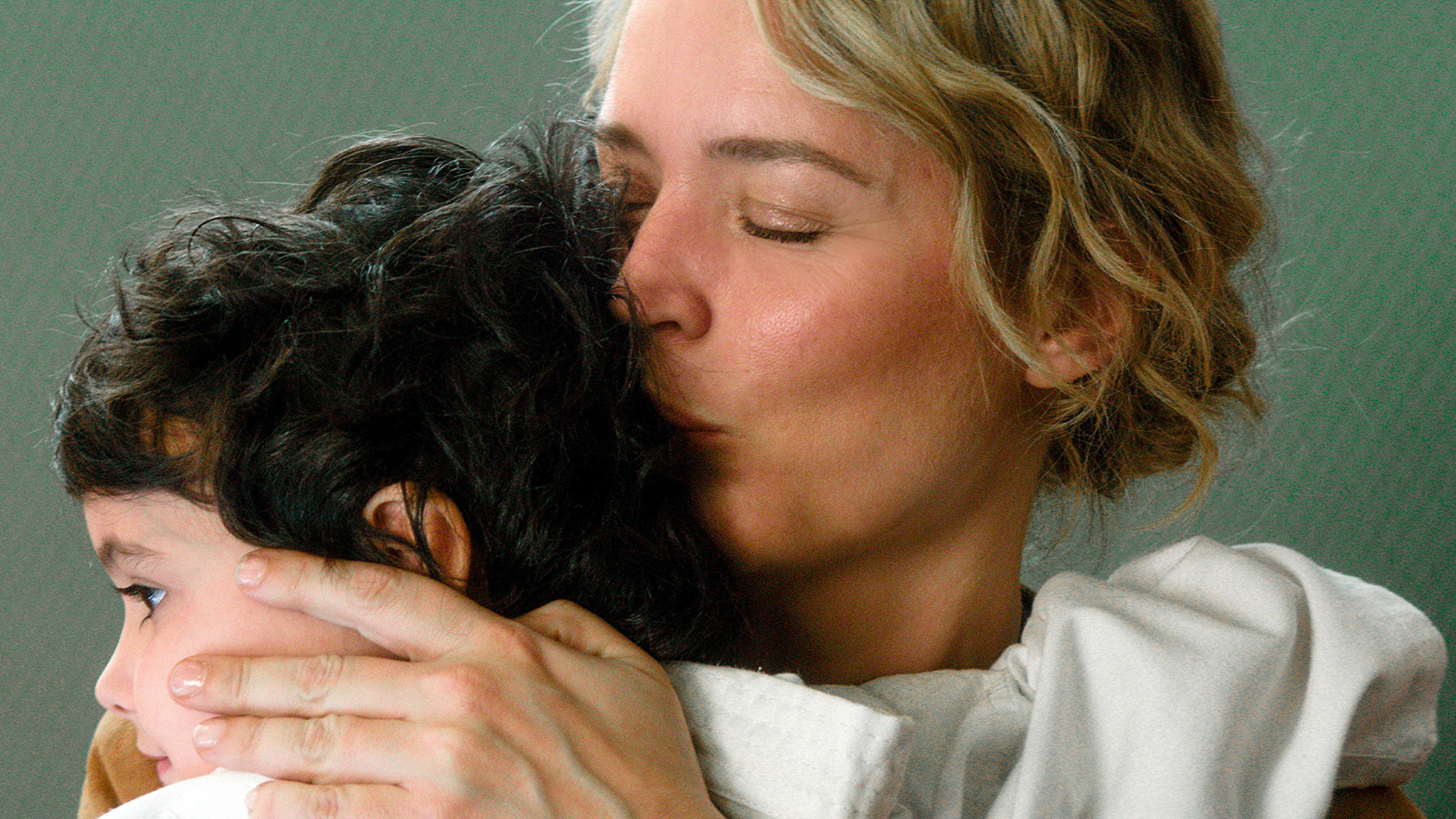
Other People’s Children wrestles with some very tricky life experiences: bonding with a partner’s child in the agonizing knowledge that that attachment is entirely contingent on the fate of your romantic relationship; being a woman of a certain age and wanting a child but becoming keenly aware of the ticking of your body clock. For all the sharp points of pain the movie zones in on, though, there is remarkable cheerfulness in it, too. Writer-director Rebecca Zlotowski captures a wide spectrum of mood here, fusing lighthearted laughs and swooning romance with bitter disappointments and grief in a way that feels organic to life itself. The buoyant moments don’t undermine the sincere, intelligent consideration given to Rachel’s (Virginie Efira) perspective as a woman navigating a situation for which there are no real rules, and vice versa — because the film considers her as a whole from the outset. Neither reducing Rachel to her childlessness nor ignoring its emotional impact on her, this is a deeply empathetic movie that never questions the completeness of its protagonist’s life.

With a title like this, it was expected that Do Not Expect Too Much from the End of the World would be critical of today’s current circumstances, but the film takes a more startling approach. Radu Jude’s longest narrative feature is a day in the life of a disgruntled, underpaid production assistant, and as she drives between interviewees injured from work accidents, the film alternates between the black-and-white, terribly mundane reality, her Tiktok-filtered satirical rants as Bobiță, and an old colored film of a Romania decades past. It’s a cynical depiction of how vulgar it is to be alive today, but it’s also more honest as Jude refuses to cling to the past.

A delightfully screwy comedy about a guy and his struggling bar (of the title). The film is full of food, music, dancing, romance, and crazy coincidences. Our hero, Zinos, has just be abandoned by his girlfriend. On top of that his bar is struggling, he’s recently thrown his back out, he desperately needs to find a new chef, and his shady brother has just come to the Soul Kitchen looking for a job after being let out of on “partial parole.” Will it all work out in the end? Of course it will! This film is a lot lighter than Akin’s previous features, but maybe after all those challenging pictures he just felt the need to have a good time, which this film definitely delivers.
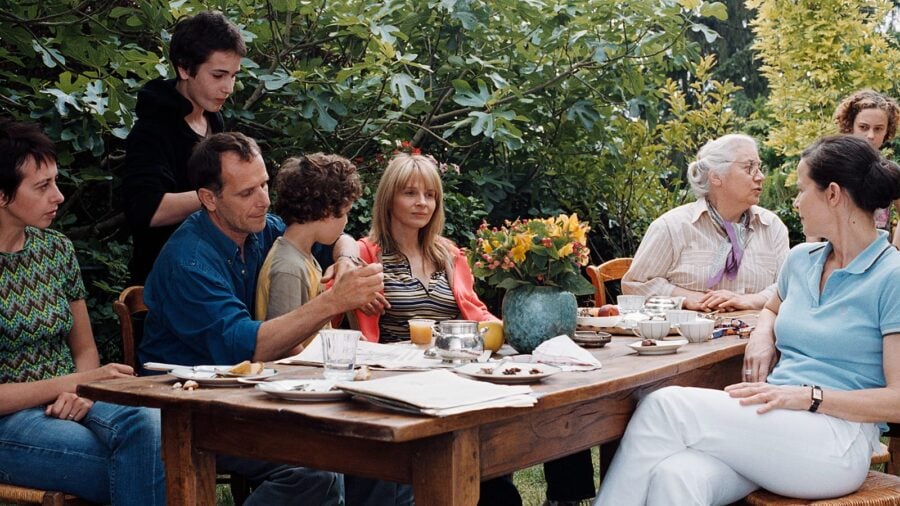
Summer Hours centers on three siblings tasked with sorting the valuable pieces their mother left behind. Frédéric (Charles Berling), the eldest, has different ideas about inheritance than his overseas siblings. Will their beloved house stay or go? Will the art? The furniture? Can they afford to keep all these for sentimental reasons or would it be wiser to sell them? They go back and forth on these questions, rarely agreeing but always keeping in mind the life these seemingly inanimate objects occupy, as well as the memories they evoke, which are beyond priceless.
Summer Hours resists melodrama, opting instead for the simple power of restraint—of unspoken words and charged glances. And the result is a quietly affecting movie that basks in the details to paint a wonderful, overall picture of home and family.
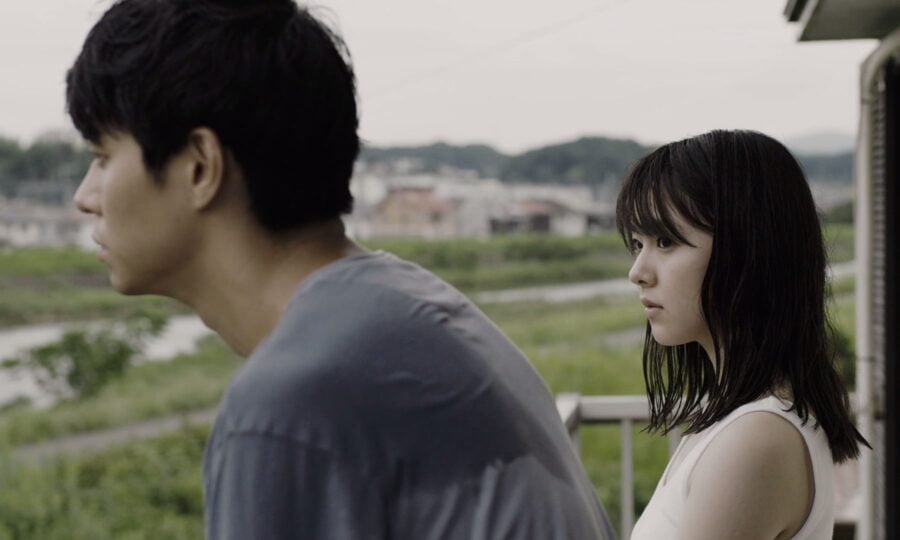
Asako is in love with Baku—deeply and almost delusionally, in a way that can only manifest in young love. But when the freewheeling Baku ghosts Asako for good, she moves from Osaka all the way to Tokyo to start a new life. Years later, she’s startled to meet Baku’s doppelganger in Ryohei, an office man whose solid dependability and lack of artfulness, while endearing, could not place him any further from Baku. Confused and lonely, Asako tiptoes around her feelings for Ryohei and, in the process, raises thought-provoking questions about the meaning, ethics, and true purpose of love.
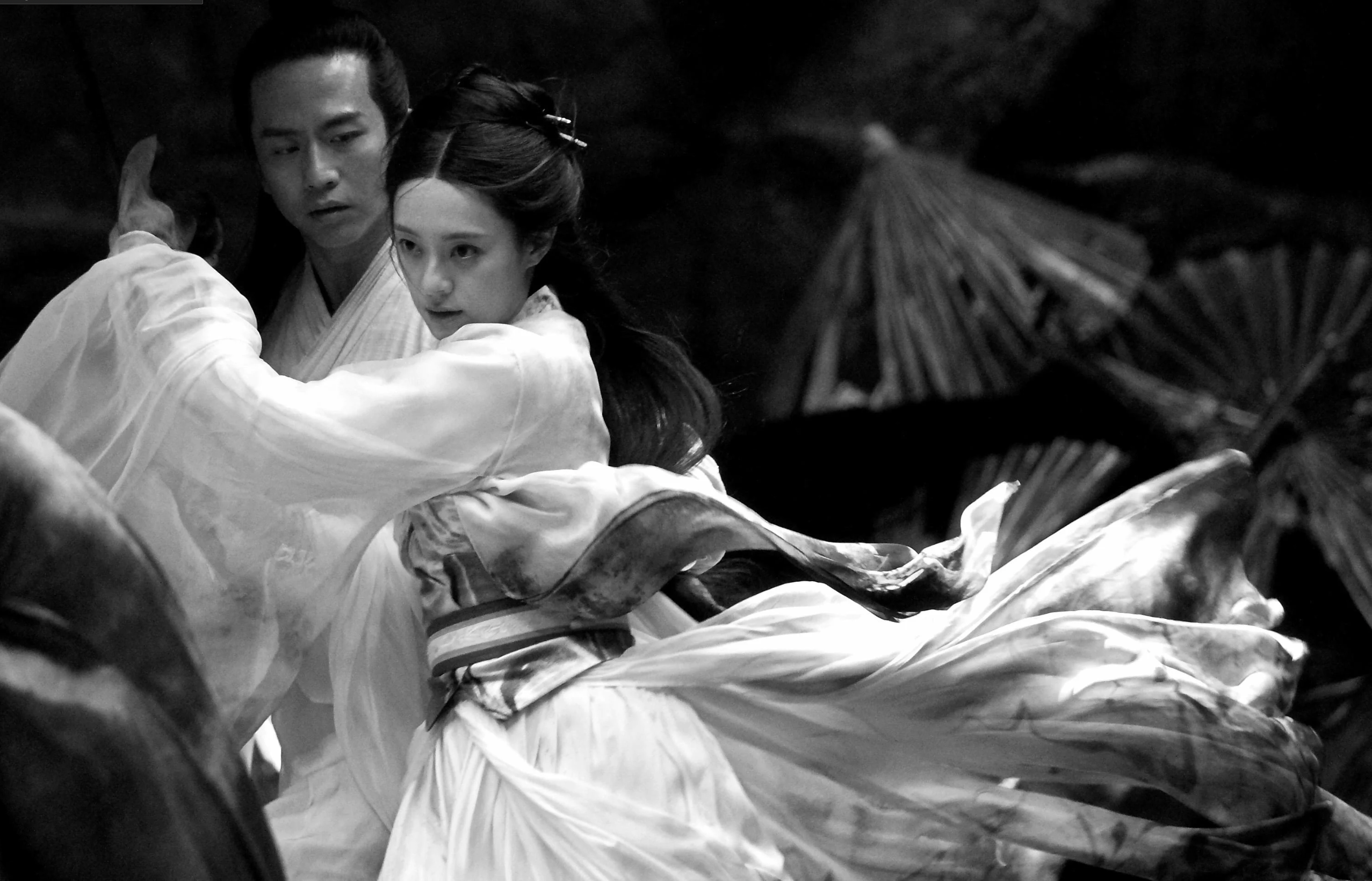
Director Zhang Yimou, who already has remarkable wuxia films like Hero and House of Flying Daggers under his belt, delivers another exceptional epic. Set during China’s Three Kingdoms era (220–280 AD), Shadow revolves around a great king and his people, who are expelled from their homeland but will aspire to reclaim it. The story requires a fair amount of patience at first, as it slowly builds a world consisting of various characters with different motives, before the real action begins. The journey through Shadow is visually pleasing thanks to its stunning cinematography, impressively choreographed combat, and overall brilliant production design. Packed with sequences that will take your breath away, it is an inventive martial arts epic with one amazing scene after another.
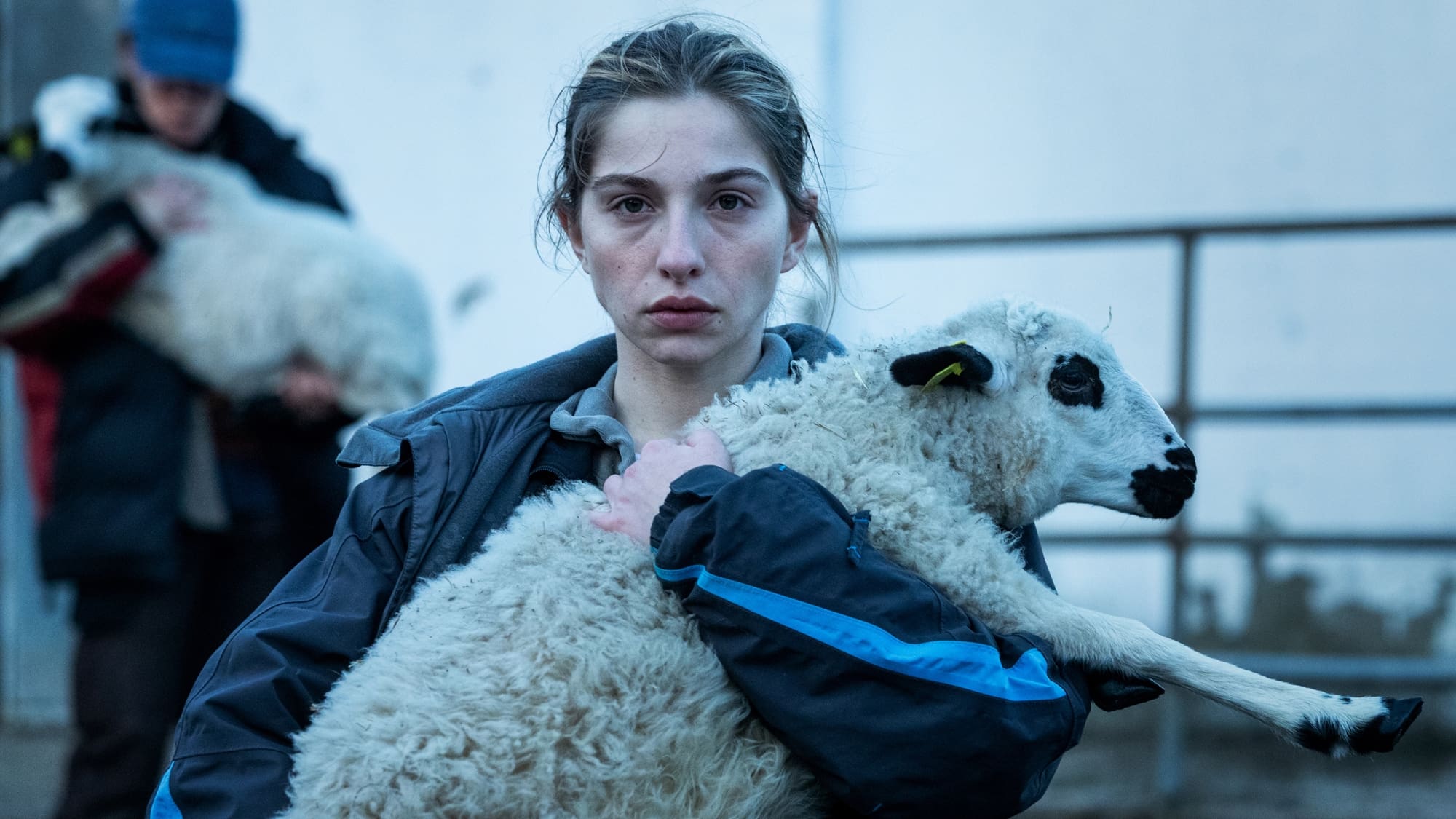
In The Beasts, the idyllic semi-retirement that a French couple seeks in the Galician countryside — growing organic vegetables, fixing up abandoned farmhouses — devolves into a terrifying slow-burn nightmare. This beautifully shot yet spiritually ugly thriller plunges us straight into an atmosphere of crackling social tension that never abates. We begin after the event that turns local farmer Xan (Luis Zahera) and his brother Loren (Diego Anido) against French transplants Antoine (Denis Ménochet) and Olga (Marina Foïs): the latter two have vetoed the sale of land to a wind turbine company in favor of preserving the village’s rustic character. Incensed by what he sees as the theft of his birthright by an outsider, Xan orchestrates a steadily intensifying campaign of terror against the couple.
Though much slighter than the physically imposing Ménochet, Zahera makes for a profoundly menacing presence, and Xan’s seemingly endless appetite for hostility and vindictiveness charges the film with a deeply unsettling sense of inevitability. His performance alone would mark The Beasts as a standout, but an unexpected switch in character focus late on in the film wrests it out of Xan’s grasp and reorients the movie as a study of grim resolve — making it a film of two equally remarkable halves.
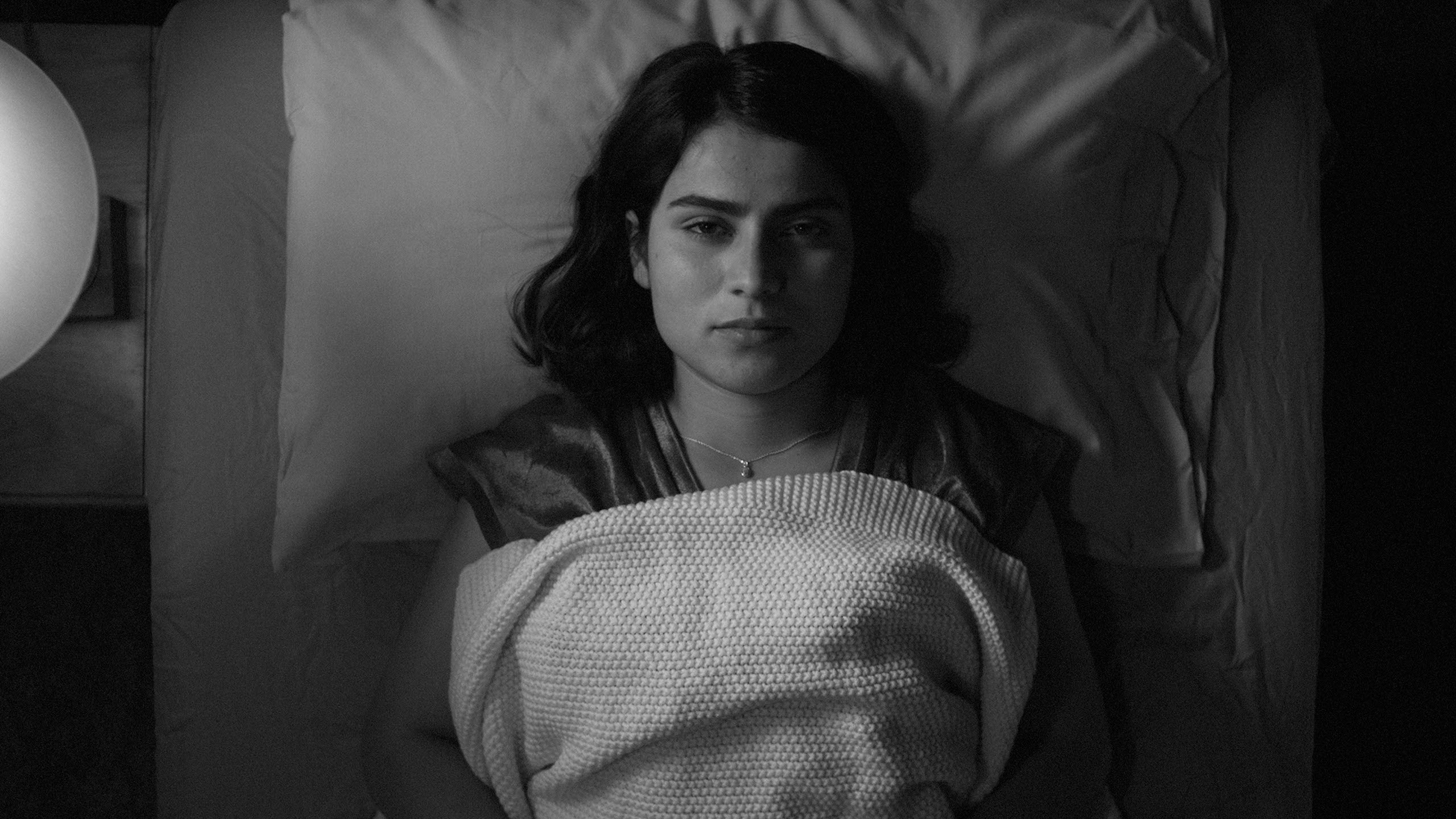
Aptly for a film partly set in a fortune cookie factory, Fremont deals with luck — specifically, the other side of good luck: survivor’s guilt. Donya (played by real-life Afghan refugee Anaita Wali Zada) is a former translator for the US Army who fled her home city of Kabul on an emergency evacuation flight when the Taliban took over in 2021. Now living a safe, if drab, existence in the titular Californian town, insomniac Donya struggles to embrace her freedom, tormented by the knowledge that she lost some of her old colleagues to reprisal attacks and that her loved ones are still living under repressive rule in Afghanistan.
As Donya shuttles between her little apartment in Fremont, her job writing cryptic one-liners for a fortune cookie factory in San Francisco, and appointments with her eccentric psychiatrist (Gregg Turkington), Fremont balances a moving study of her melancholy with deadpan humor. Despite its black-and-white cinematography and tight Academy ratio, this is no austere drama, but an endlessly warm and understated portrait of someone rediscovering themselves and all of life’s unexpected moments of connection, like chance romantic encounters and sudden tears at karaoke.
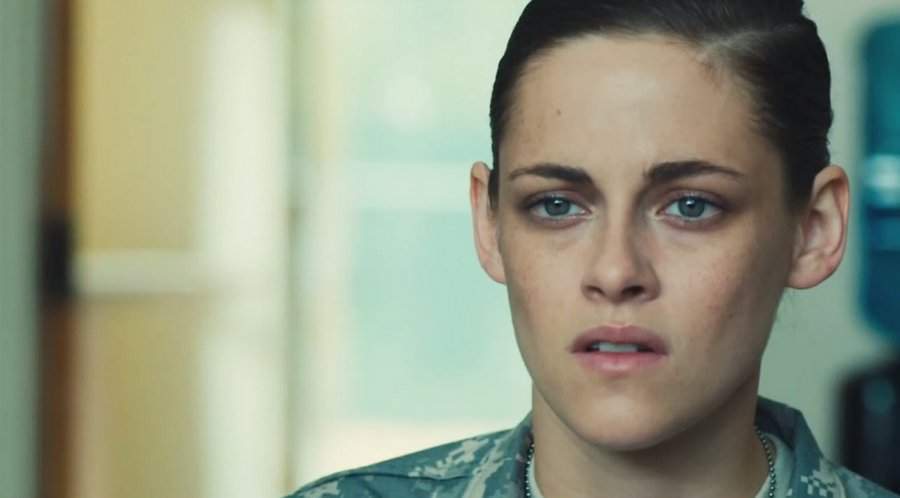
This is Kristen Stewart’s proof that she is more than a lip-biting, vampire-loving teenager. Reactive and emotive, she will not disappoint you here. Rather, expect an electrifying and exceptional performance. Paired with Payman Moaadi, they both make of this work an emotionally poignant movie that questions the notion of freedom in the unlikeliest of places: Guantanamo Bay.
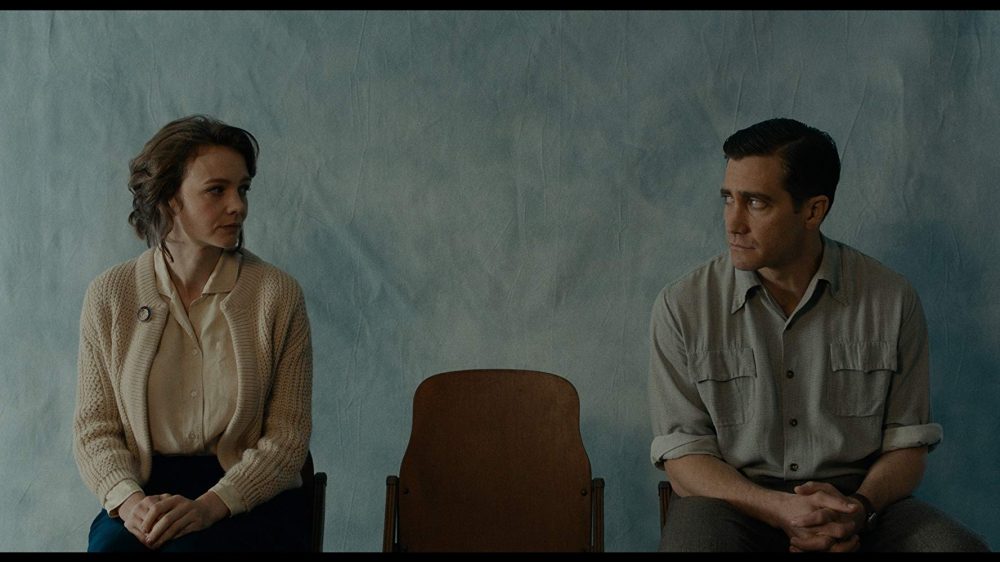
A powerful but quiet movie directed by Paul Dano and based on a novel of the same name by Richard Ford. It stars Carey Mulligan and Jake Gyllenhaal as a couple who move to a new town with their only child during the 1960s. Their relationship transforms after Gyllenhaal’s character loses his job as a butler and chooses to leave for a more dangerous profession, firefighting. This movie is about his wife’s response to this event and the implications of both parents’ behavior on their kid. There are no twists or turns, exciting action or plot; but Wildlife doesn’t need any of that. This moving story about a decaying family unit is portrayed in the sadness that comes with such events. The only joy comes from watching the outstanding (but expected) performances of the cast.
This is a hilarious political comedy starring the ever-great Steve Buscemi. Set in the last days before Stalin’s death and the chaos that followed, it portrays the lack of trust and the random assassinations that characterized the Stalinist Soviet Union. Think of it as Veep meets Sacha Baron Cohen’s The Dictator. Although to be fair, its dark comedy props are very different from the comedy that comes out today: where there are jokes they’re really smart, but what’s actually funny is the atmosphere and absurd situations that end up developing.
Wendy (Michelle Williams) is a drifter driving up to Alaska in hopes of finding work. When her car breaks down, she and her dog Lucy are stranded and forced to scrounge for food and repairs, hitting one roadblock after another on her path to an uncertain dream. This sympathetic and solemn look at poverty from director Kelly Reichardt serves as a reminder of how easy it is to fall through the fragile American safety net.
Reichardt’s uncompromising approach paired with Williams’s restrained performance makes the experience authentic and intense, recalling the work of Ken Loach. This natural sharpness makes for an engrossing watch that builds in power until the emotional release of the film’s heartbreaking conclusion.
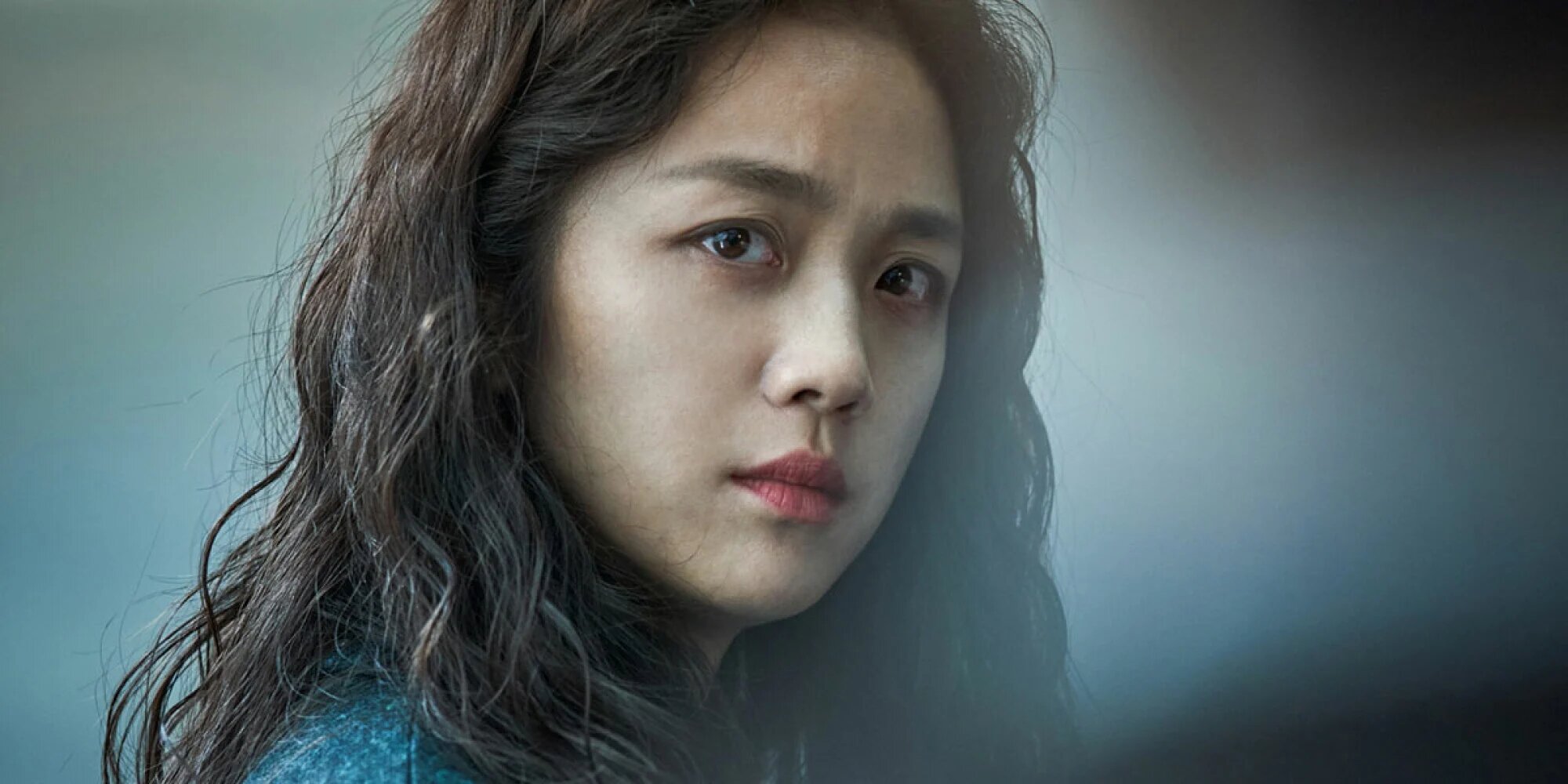
A twitchy, uncomfortable noir film for the digital age, Decision to Leave blends the trappings of a restless police procedural with an obsessive forbidden romance. Here, director Park Chan-wook flips every interrogation and piece of evidence on its head, pulling us away from the whodunit and towards the inherently invasive nature of a criminal investigation. It’s a movie that remains achingly romantic even if everything about the central relationship is wrong. For detective Hae-jun and suspect Seo-rae (played masterfully by Park Hae-il and Tang Wei, respectively), the attraction between them is built entirely on distrust and suspicion—illustrating the danger of falling for the idea of someone rather than the person themself.

Remarkably for a movie about women being shunned and exploited by those more powerful than them, I Am Not A Witch is often wryly funny. That’s because this satire about Zambia’s labor camps for “witches” is told with a matter-of-fact-ness that brings out both the heartbreak and absurdity of the film’s events. The bitter gravity of the predicament nine-year-old Shula (Maggie Mulubwa) finds herself in — she’s been accused of witchcraft on the back of some very flimsy evidence — is never glossed over, but neither is its farcicality. Appropriately for its subject, there are also touches of magical realism here, notes that elevate the film into something even more complex than a wry commentary on this morbidly fascinating form of misogyny. This hybrid tonal approach is executed with the kind of fluidity filmmakers might hope to one day master late on in their career — which makes the fact that this is director Rungano Nyoni’s debut all the more extraordinary.
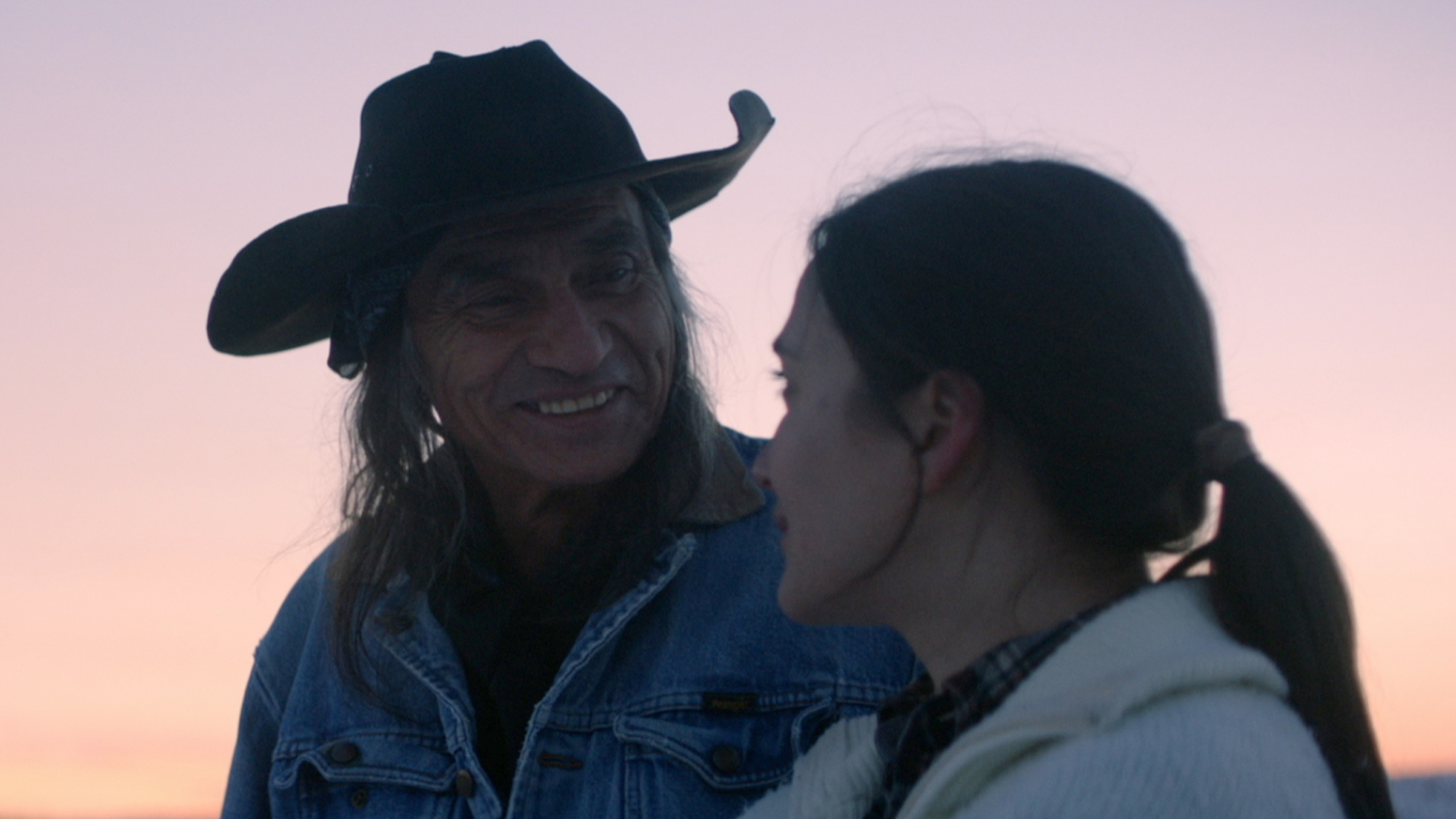
It’s hard not to watch The Unknown Country and think of Nomadland: along with similarities in their Terrence Malick-inspired visuals, both films follow lone women seeking catharsis on the road as they grieve profound losses. But Morrisa Maltz’s debut feature is a decidedly lower-key, more spiritual affair — and is all the better for it.
The film is light on plot exposition, but it’s clear from her soft melancholy that Tana (Lily Gladstone) has set off on this road trip following a personal loss, a meandering journey that takes her from freezing Minnesota to Oglala Lakota reservations in South Dakota and down through Texas. Along the way, she reunites with loved ones and crosses paths with total strangers, all of whom are played by charismatic non-professional actors whose real life stories earn as much of the spotlight as Tana’s impressionistically shot journey. These moments of documentary, Gladstone’s naturalistic performance, Andrew Hajek’s contemplative images of lush American landscapes, and the film’s aversion to outright drama enrich the fictional elements by grounding them in earthy reality. There aren’t many more emotionally rewarding ways to spend 80-ish minutes than watching this poignant meditation on the tangled richness of human lives and the land we live on.
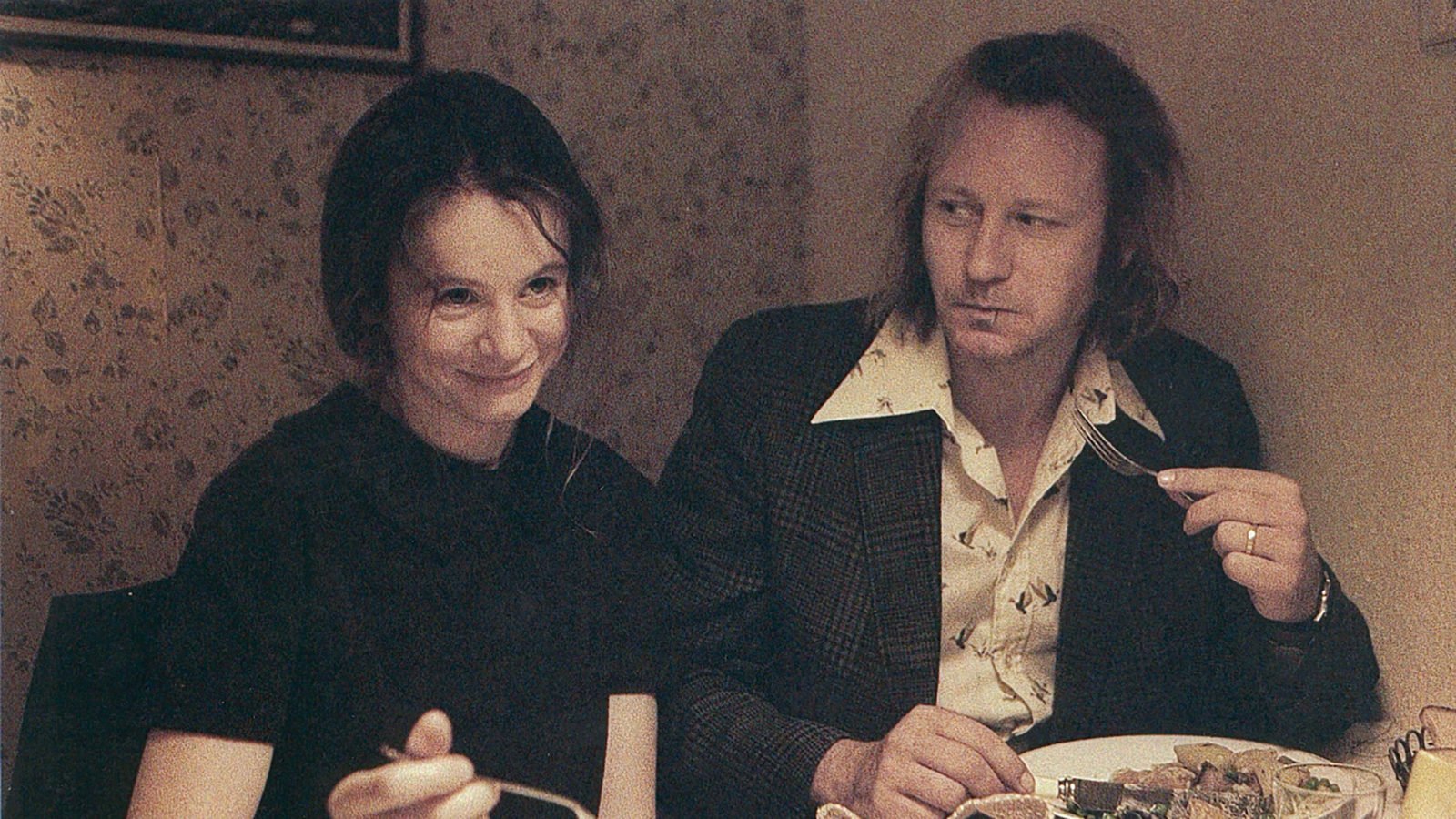
While being known for co-writing the Dogme 95 manifesto, Lars von Trier’s first film after breaks his rules with built sets and music added in post. Still, Breaking the Waves has plenty of von Trier’s thematic preoccupations, challenging the notions between faithfulness and sexuality by positing a married couple who cannot indulge in marital pleasure, due to being paralyzed. While the premise leads to explicit scenes, it’s more harrowing than sexy, really. It’s terribly heartbreaking as Bess does all she can for her marriage, first by praying for her husband’s return, and then following his perverse wish, partly from guilt, but partly from pleasure, even when it goes contrary to her repressive church and community. Breaking the Waves may not be an easy watch, but regardless of what you personally feel about the morality of Bess’ actions, von Trier will nevertheless bring you to empathy.
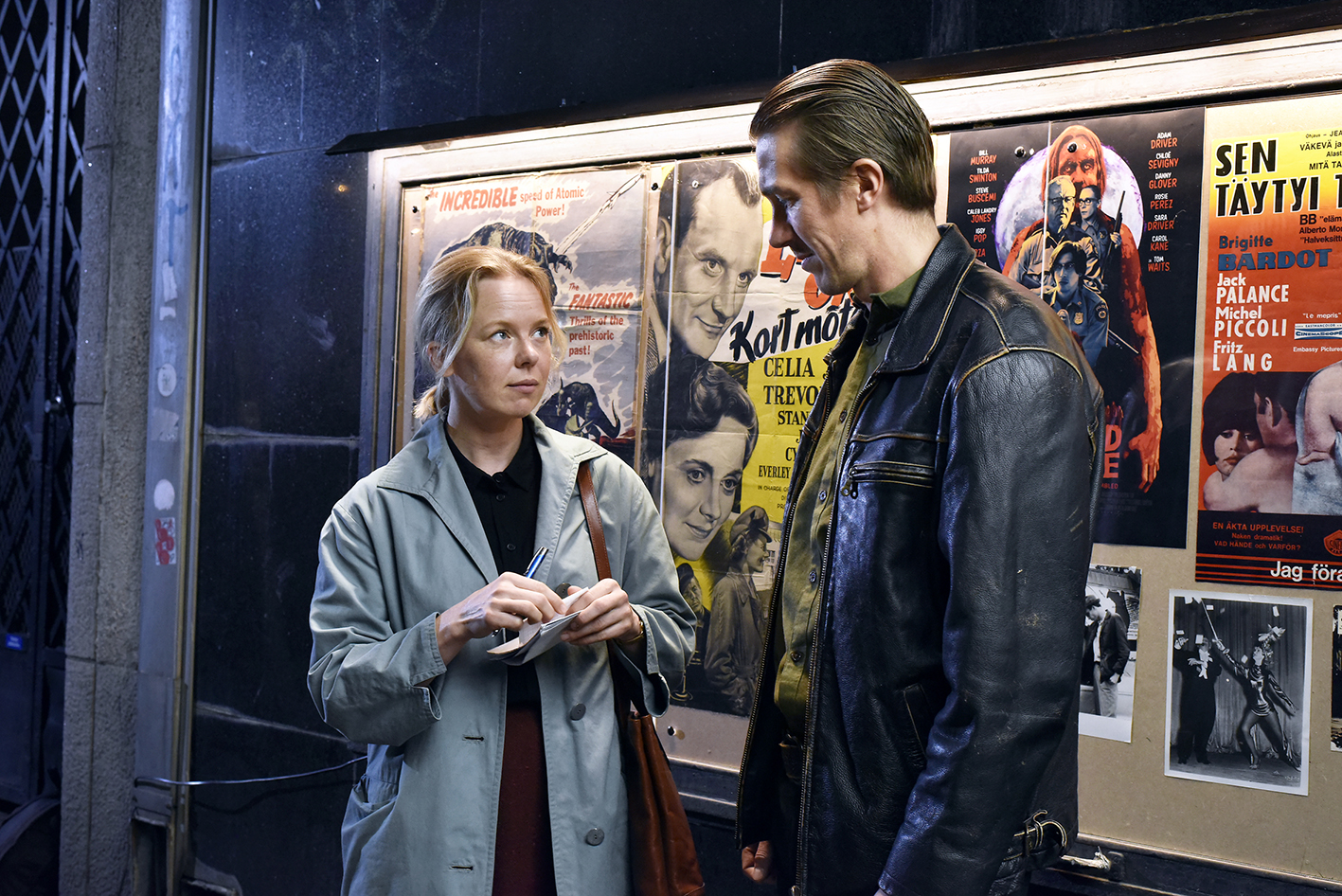
Simple but lovely movies like Fallen Leaves are hard to come by these days. While others rely on complicated dialogue or overly ambitious premises to be deemed deep or important, Director Aki Kaurismäki trusts that his material is strong enough. After all, its silence speaks volumes; the characters don’t say much but when they do, you can be sure it’s something hard-hitting or funny. The plot doesn’t contain a lot of surprises, but when it makes a turn, it moves you instantly. And the leads, Ansa (Alma Pöysti) and Holappa (Jussi Vatanen) barely move their features, but their eyes convey more emotion, more longing and ache and joy, than one can hope for. Some movies can be challenging, exhilarating, or exhausting to watch. This one is simply delightful.
Originally a novel inspired by real life incarceration, Don’t Let Them Shoot the Kite is actually much more optimistic than a prison stay would seem to be. Much of that lighter mood comes from an outstanding performance– Ozan Bilen, who portrays Barış, the precocious boy that lives in the prison with his mom due to a quirk of Turkish law– but the lighter mood isn’t due to ignoring the prisoners’ reality. Instead, the lightness comes because of understanding that reality fully. Despite the suspicion of the prison guards, and the way the camera makes the prison walls loom, Barış still manages to fuel some hope through straightforward, simple truths unfiltered by the tedium and mores of everyday life, and the fear people grow to learn about. Truth truly comes out of the mouths of babes in this film, and it’s what makes Don’t Let Them Shoot the Kite a classic of Turkish cinema.
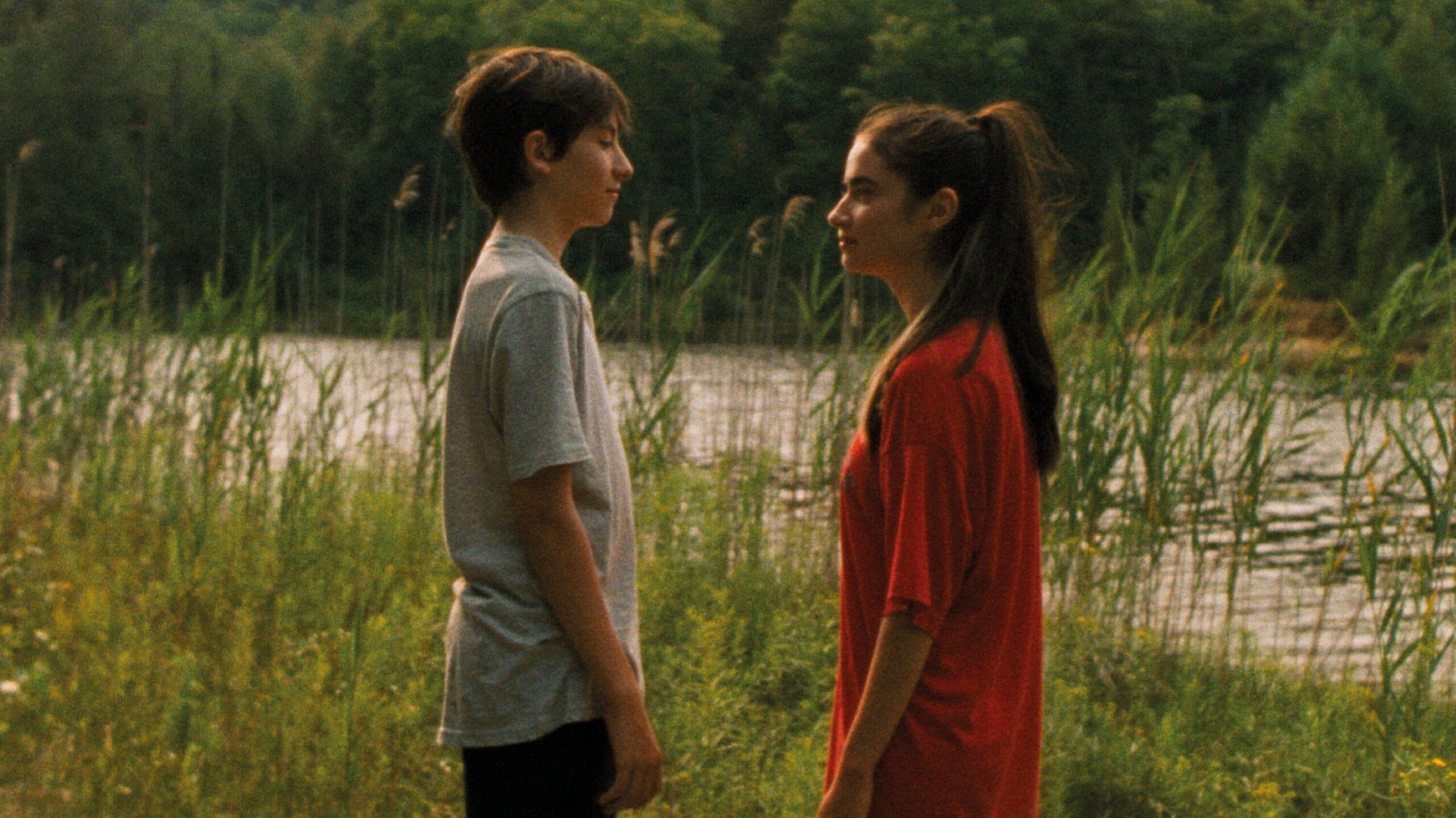
The gorgeous grain of Falcon Lake’s lush 16mm cinematography instantly gives it an air of nostalgia, as if the movie is an intimate reflection on a precious formative summer. That effect is confirmed over the film’s runtime: it takes place from the perspective of Bastien (Joseph Engel), a 13-year-old French boy whose family is being hosted at a Quebec lake cabin by their friend and her 16-year-old daughter Chloe (Sara Montpetit). The woodland setting could be idyllic or eerie, a duality brought explicitly to the fore by Chloe, whose interests lean towards the macabre.
It’s not long before Bastien becomes smitten with the assured older girl, and it’s their dynamic that gives Falcon Lake its profoundly captivating effect. Though the movie’s gothic undertones do give it a troubling air of tension, the way they come to the surface in its ending feels a little inharmonious to the delicate human drama that the teens have built up until then. Both actors turn in performances so extraordinarily nuanced and naturalistic that Falcon Lake doesn’t need that twist — it already stands as a deeply affecting coming-of-age portrait, one in which tenderness and betrayal are raw new pleasures and pains to be discovered.
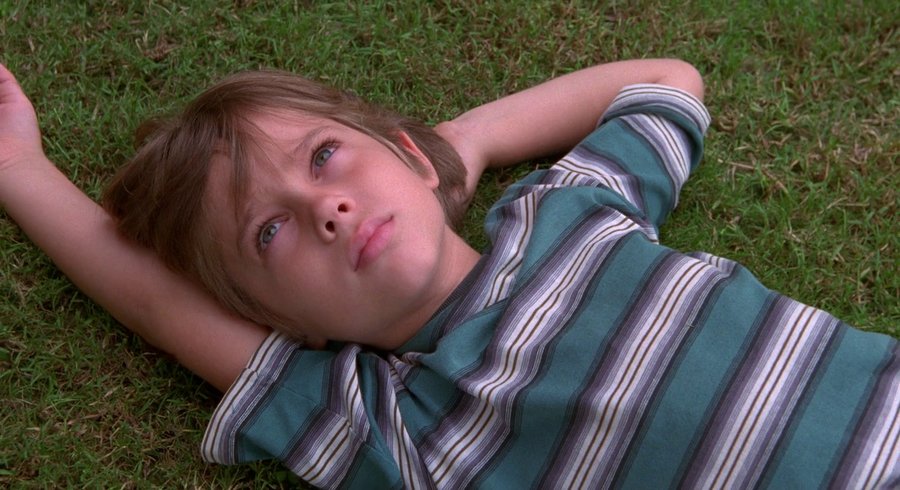
A masterpiece in every possible way: its striking balance between simplicity and effectiveness, its innovative value, the commitment of its maker, and just overall beauty. Boyhood was filmed over a span of 12 years, something never attempted before in film. The result is a captivating, breathtaking tale with almost unparalleled plausibility. The emotions it incites as well as the natural flow it has will feel a lot like life itself, and will leave you with ideas you can dwell on for long after the credits roll. Directed by Richard Linklater, and nominated for 6 different Oscars.
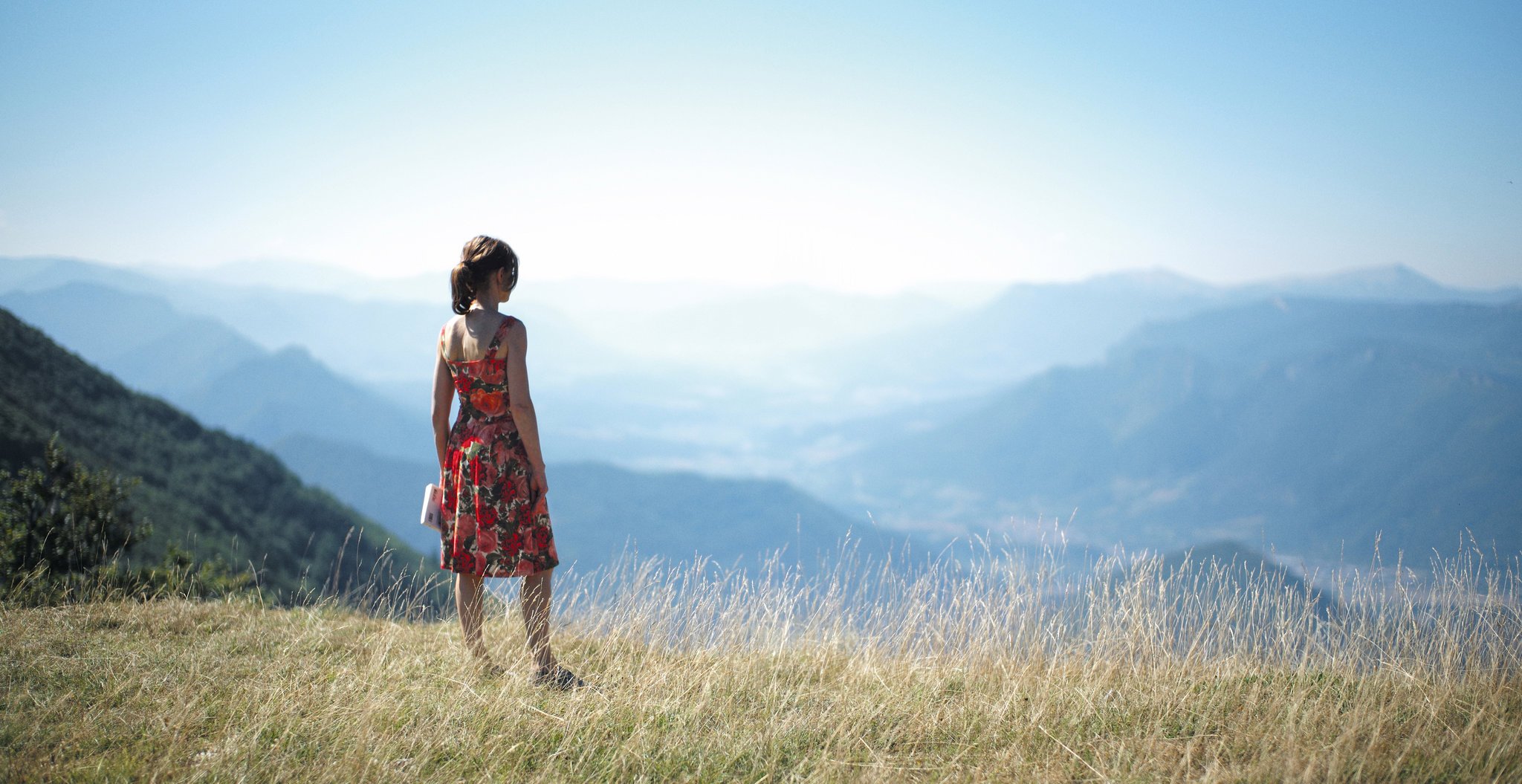
In Things to Come, life tests a philosophy professor on the very same subject she teaches. For Nathalie (Isabelle Huppert) — who has two grown-up children, a husband of 25 years, and a recurring publishing contract — the future isn’t something she gives much thought, because she assumes it’ll be more of the same. When her students protest against a law to raise the pension age, this middle-aged ex-anarchist can’t bring herself to engage with their apparently far-sighted cause; unlike them, all she can think about is the present. But then a series of events overturn her life as she knew it and she finds herself, at middle age, staring at a blank slate.
This is a movie about our surprising ability to deal with disaster — the instincts that emerge when we least expect them to. What’s more, it’s about the insistence of life to keep going no matter how difficult a period you’re experiencing — something that might initially seem cruel but that is, actually, your salvation. The film’s academic characters and philosophical preoccupations never feel esoteric, because Hansen-Løve’s gentle, intelligent filmmaking puts people at its center as it explores human resilience — not through stuffy theory, but an intimate study of someone coming to terms with a freedom she never asked for.
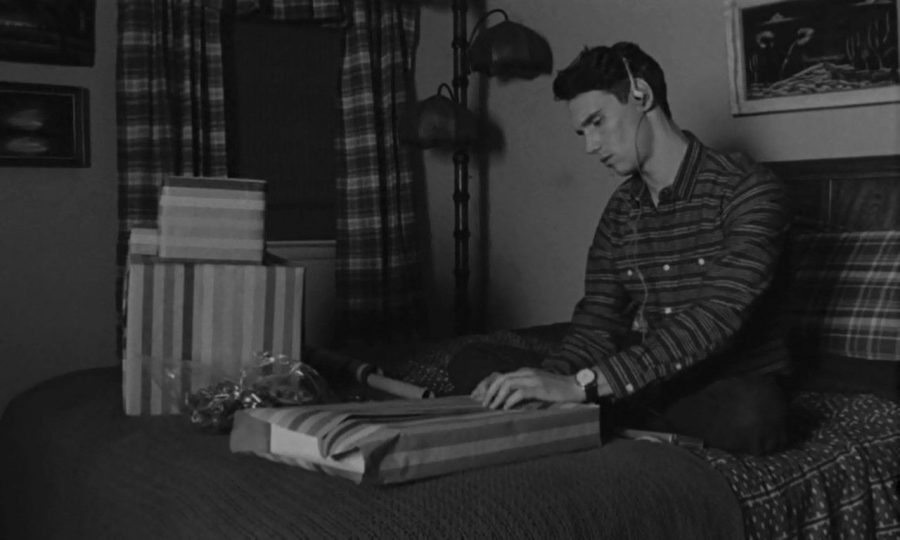
1985, a movie from 2018, was made like it was filmed during the year it’s about: it’s shot on gorgeous black-and-white Super 16mm film.
Not that it would be needed, but this minimalist setting puts a spotlight on the ensemble cast of this well-acted drama based on an award-winning short film.
In particular, the central one by Cory Michael Smith (Gotham, Camp X-Ray). He plays Adrian, a man visiting his conservative family in Texas from New York, so gently at times and explosively at others, it’s a sight to behold.
Adrian, estranged from his family for three years, visits them to find a way to tell them that he has AIDS.
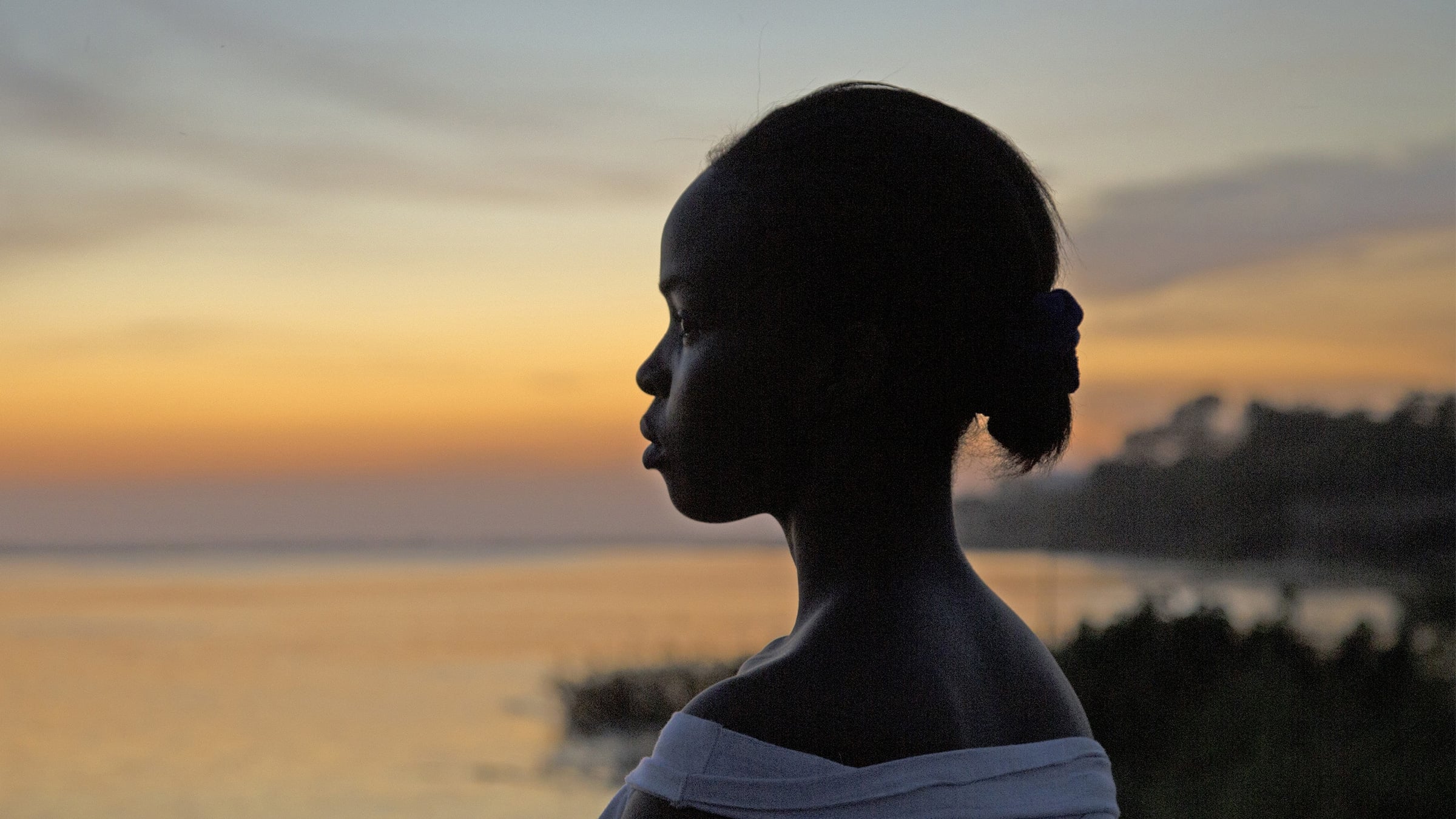
There’s much to despair at in Mahamat-Saleh Haroun’s drama set in Chad, where abortion is illegal, female genital mutilation isn’t, and single mothers are ostracised. Amina’s (Achouackh Abakar) 15-year-old daughter Maria (Rihane Khalil Alio) has just been expelled from school because she’s pregnant. Like Amina, Maria has been abandoned by the child’s father — but, having witnessed first-hand the stigma that comes with being an unmarried mother, she refuses to let history continue repeating itself, and declares she wants an abortion.
But underground abortions are expensive, and the duo are barely scraping by as it is, in spite of Amina’s backbreaking manual work. Their situation is dire — and there are more disturbing revelations to be had — but, despite the bleakness of Lingui’s plot on paper, the film isn’t miserabilist. As Amina searches desperately for a safe abortion provider, she takes us with her into a furtive underground network of solidarity, one that offers the mother and daughter all the compassion and aid that the government and their imam should be providing. This is a film in which acts of kindness are quietly delivered on the understanding that that’s what we owe each other, and one where sisterhood is alive — making this, paradoxically, a simultaneously enraging and heartening watch.
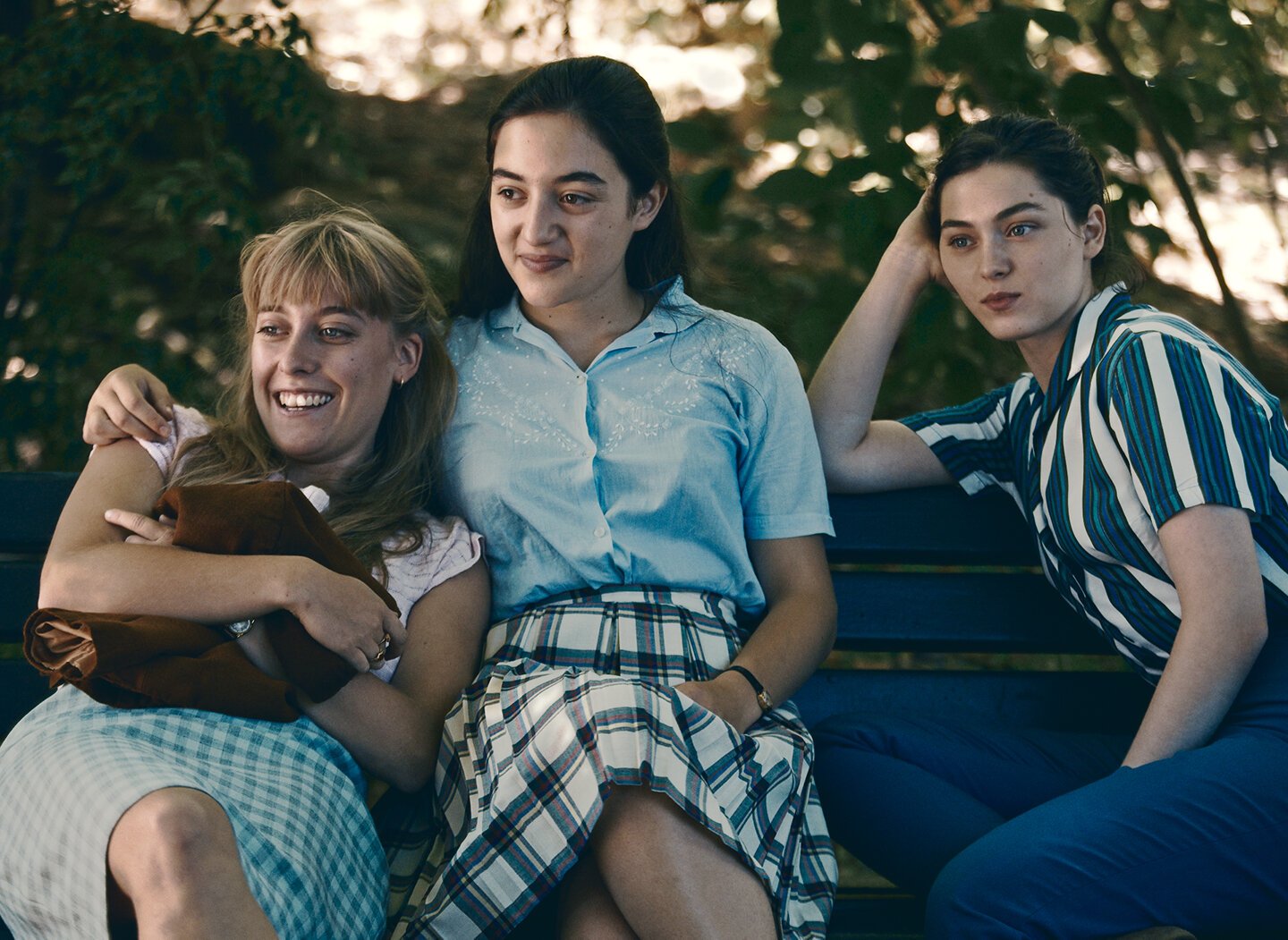
It’s heartbreaking to realize that Happening, a film set in 1960s France tracking a young woman’s journey to dangerously and desperately terminating her pregnancy, is still very much relevant and relatable to this day. Around the world, abortion is still inaccessible, if not completely illegal, and women still struggle to lay full claim to their bodies. A lot of girls grow up with pregnancy statistics meant to instill fear, but Happening brings all that to brilliant life in intimate and unrestrained detail. The fears and wants of our protagonist Anne (played precisely by Anamaria Vartolomei) are palpable throughout. Nothing is held back in this film, and if you find yourself sick in parts, then it has achieved its goal of realistically conveying what it’s like to stay alive in a society that fails to recognize your needs.
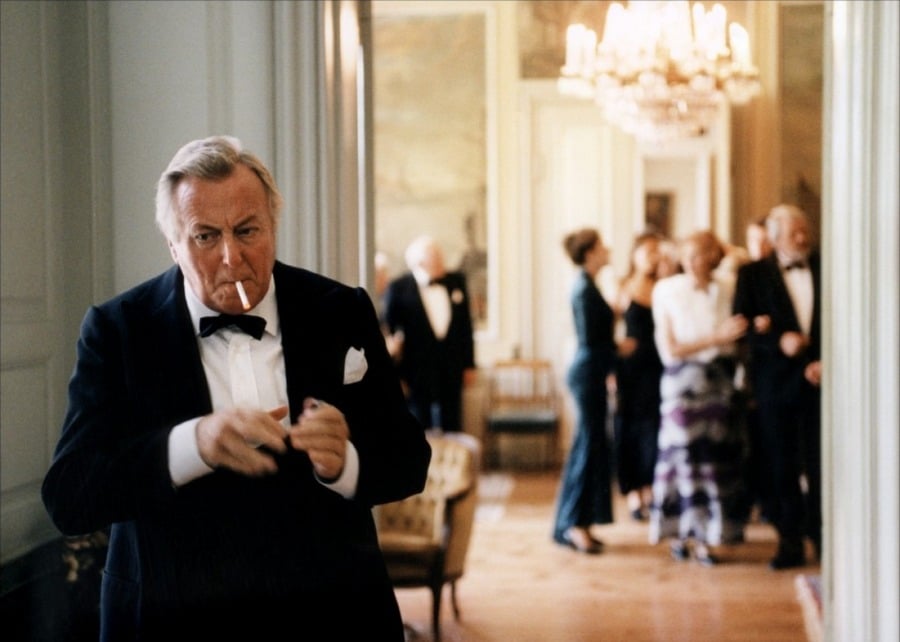
Whilst a classic in some circles, Festen is many things, but it’s definitely not mainstream entertainment. It was shot by Danish director, Thomas Vinterberg, who founded the Dogme 95 movement together with Lars von Trier in 1995, which sought to put the auteur director back at the heart of filmmaking, as opposed to the power of the studios or special effects. This was the first movie to come out from that group. You thought your family was messed up? Think again. This macabre, Poe-esque, gut-wrenching tale of debauchery will leave you feeling confused and slightly nauseous. This effect is exacerbated by Winterberg’s directing style and the crazy camerawork of Anthony Dod Mantle. With a highly volatile tone and a great cast, the effect Festen has on you is not easily shaken off.
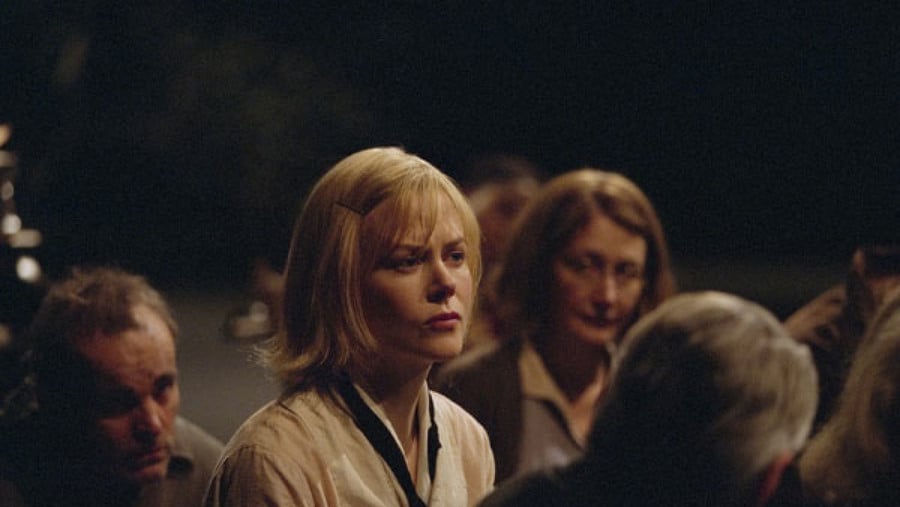
Set in a town drawn in chalk outlines on the floor of a dark studio room. However unconventional the unrealistic stage-like set, the story of Grace (Nicole Kidman), a woman who arrives at this town seeking refuge becomes real enough to absorb you in a disturbing examination of human morals. It’s unique and features powerful performances, and will be more appreciated by anyone striving for something new. Directed by Lars von Trier.
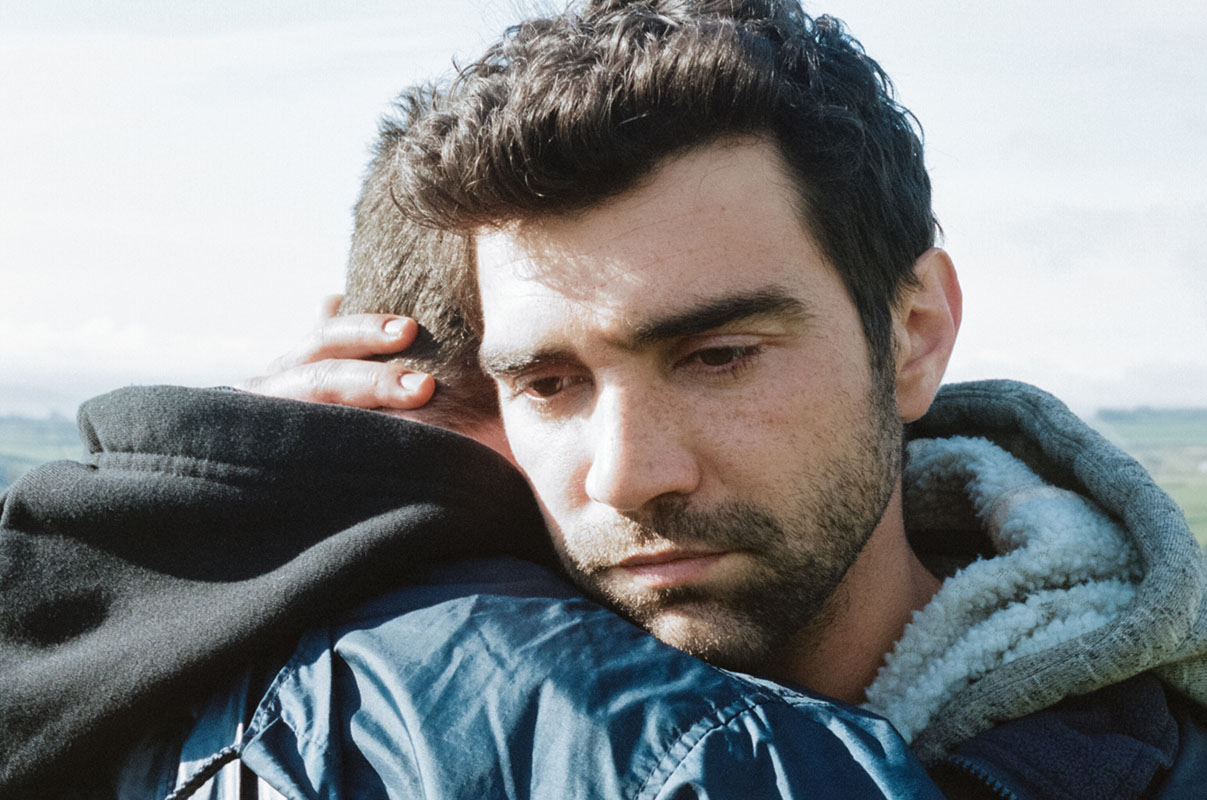
You might call Francis Lee’s spellbinding debut a Call me By Your Name without the privilege and pretentiousness, and we think it’s a better movie because of it. God’s Own Country tells the story of Johnny Saxby (Josh O’Connor), a farmer’s son who is trapped working on the family farm, who dulls his frustration and misery with binging at the pub and aggressive sex with strange men—his true desire is not so much repressed by society’s rampant homophobia here, but by his family’s emotional callousness. When his strict and icy father suffers a stroke, things get worse for him still. Then, during lambing season, help arrives in the shape of watchful, radiant, and strikingly handsome Romanian seasonal worker, Gheorghe (Alec Secareanu), whose warmth of character and professional competence feels threatening to Johnny at first. But when they withdraw to the hills to repair a stone wall, Johnny’s aggression gives way to passion as Gheorghe helps him to feel, to love, and to see beauty in the country around him. God’s own country. A beautiful, stirring, and passionate debut!
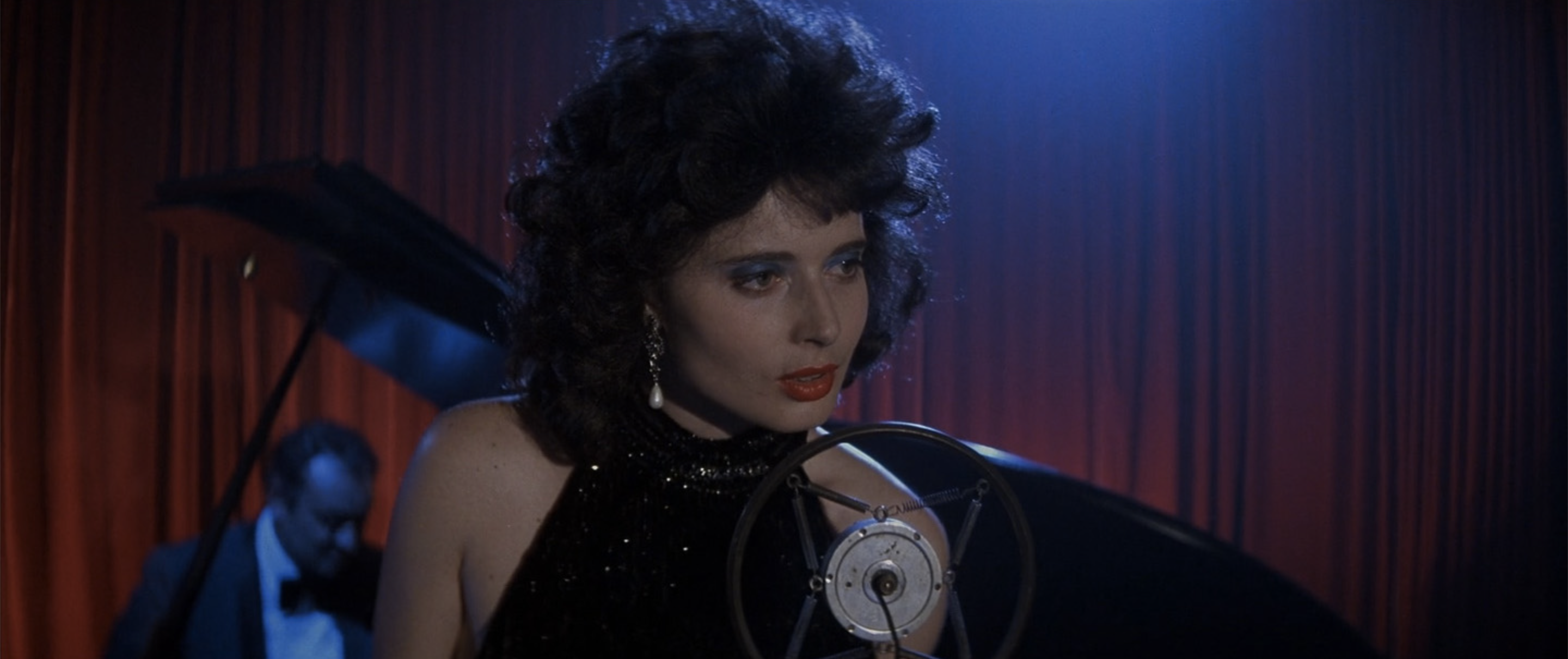
David Lynch’s star-studded provocation Blue Velvet was both revered and criticised upon its release because of how heavily it leans on sexuality and violence to advance its plot, but today the film’s hailed as a contemporary masterpiece. Still, scenes with that kind of content are quite hard to stomach in combination with Isabella Rossellini’s depiction of an unstable, delicate singer named Dorothy. But Dorothy is surely not in Kansas anymore… It takes a young college student (Jeffrey Beaumont played by Kyle McLachlan) who becomes fascinated with her as part of his self-appointed detective quest, to uncover deep-rooted conspiracies. In his endeavours, Jeffrey is joined by butter blonde Sandy (Laura Dern), and the twisted love triangle they form with Dorothy in the middle is one for the ages. Dennis Hooper stars as one of the most terrifying men on screen and Lynch regular Angelo Badalamenti scores the film with an eerie precision like no other.

